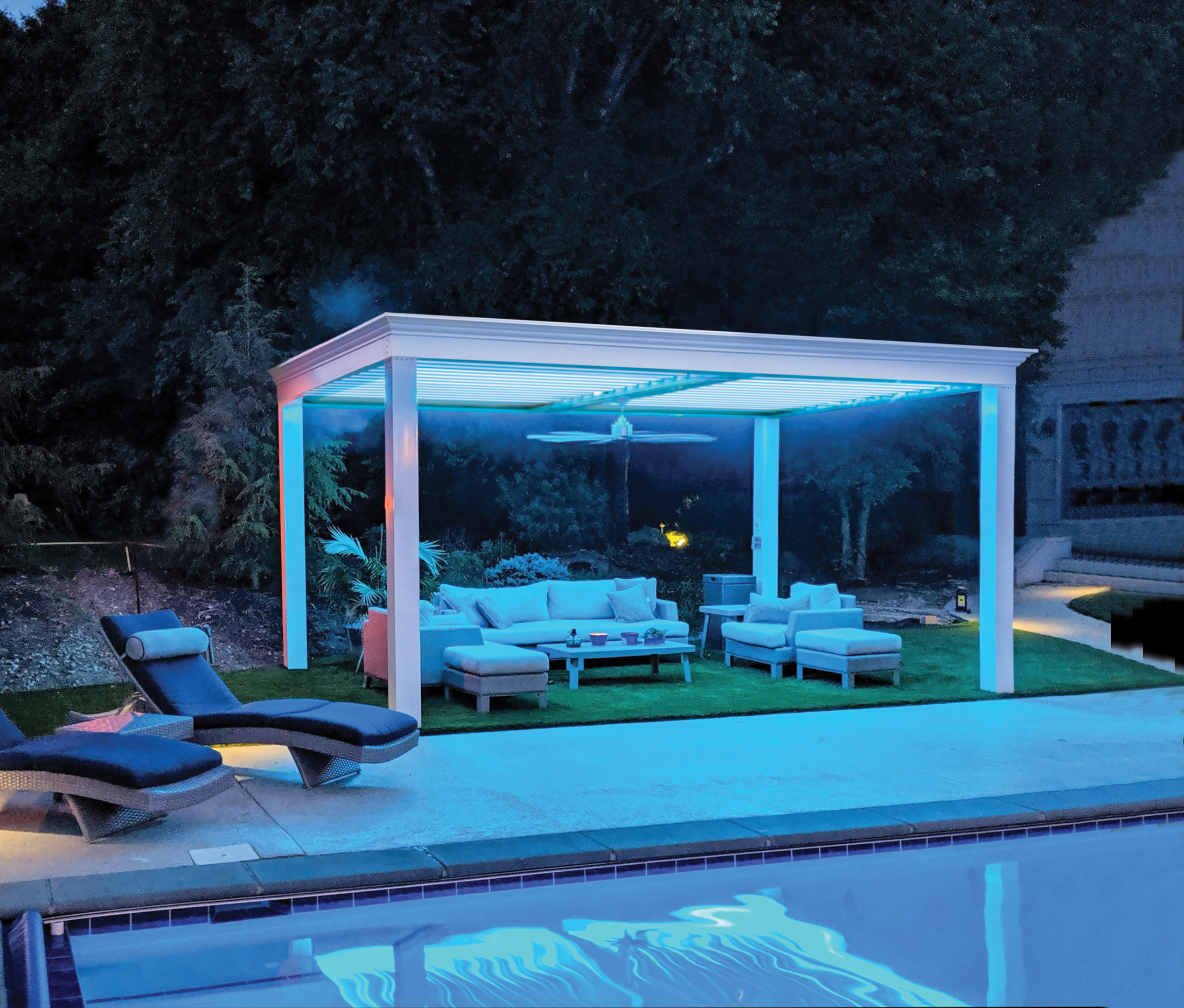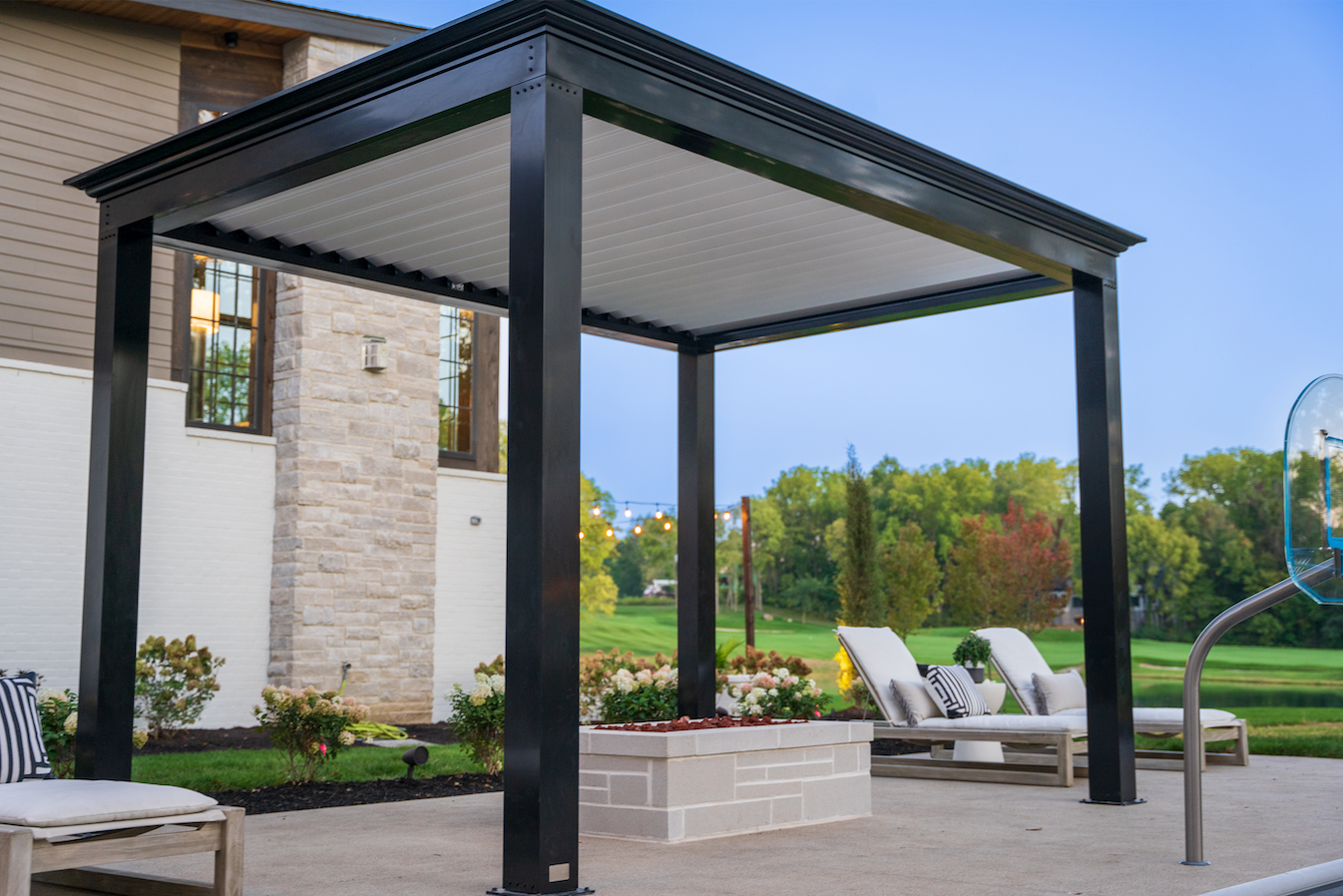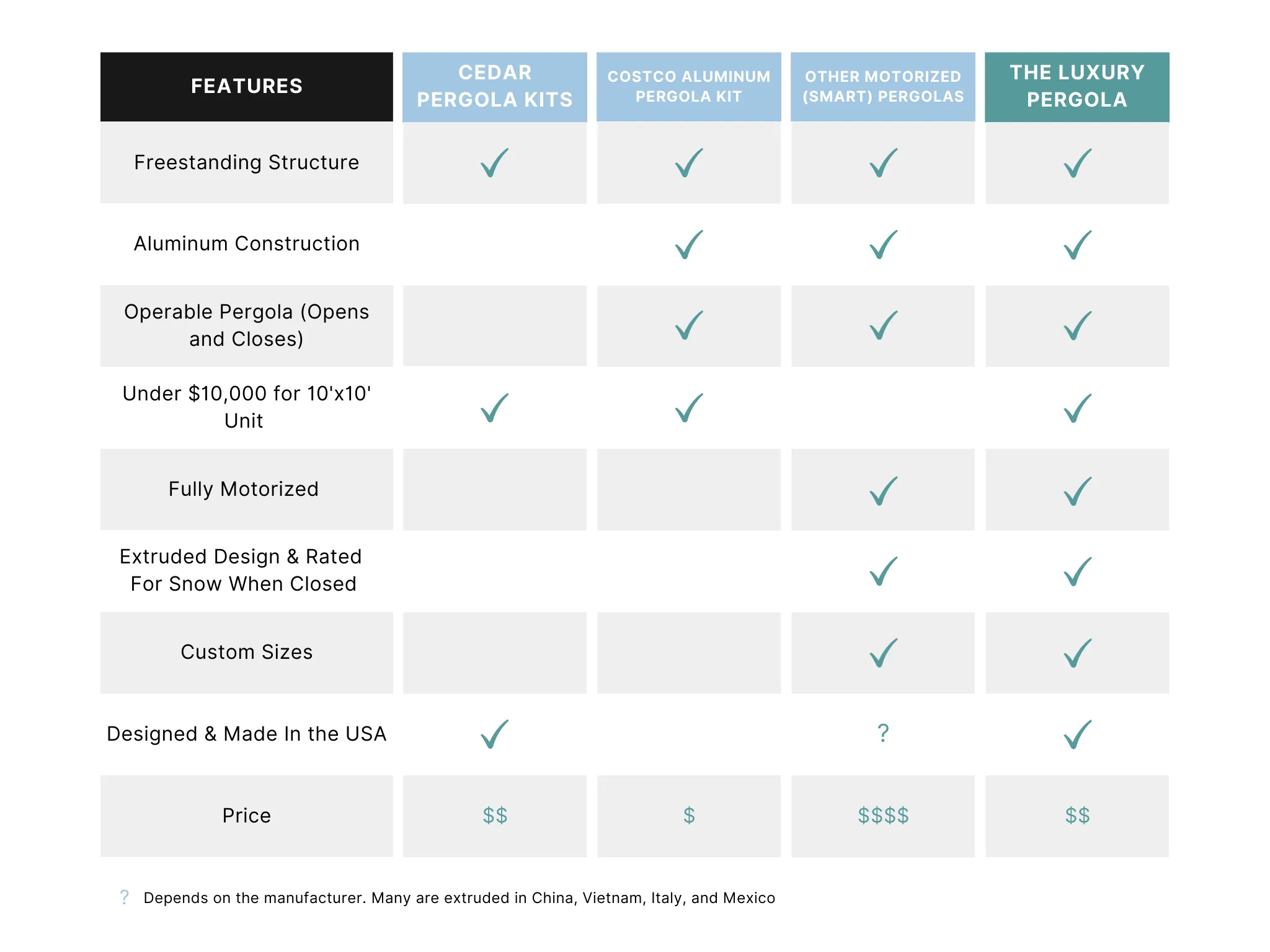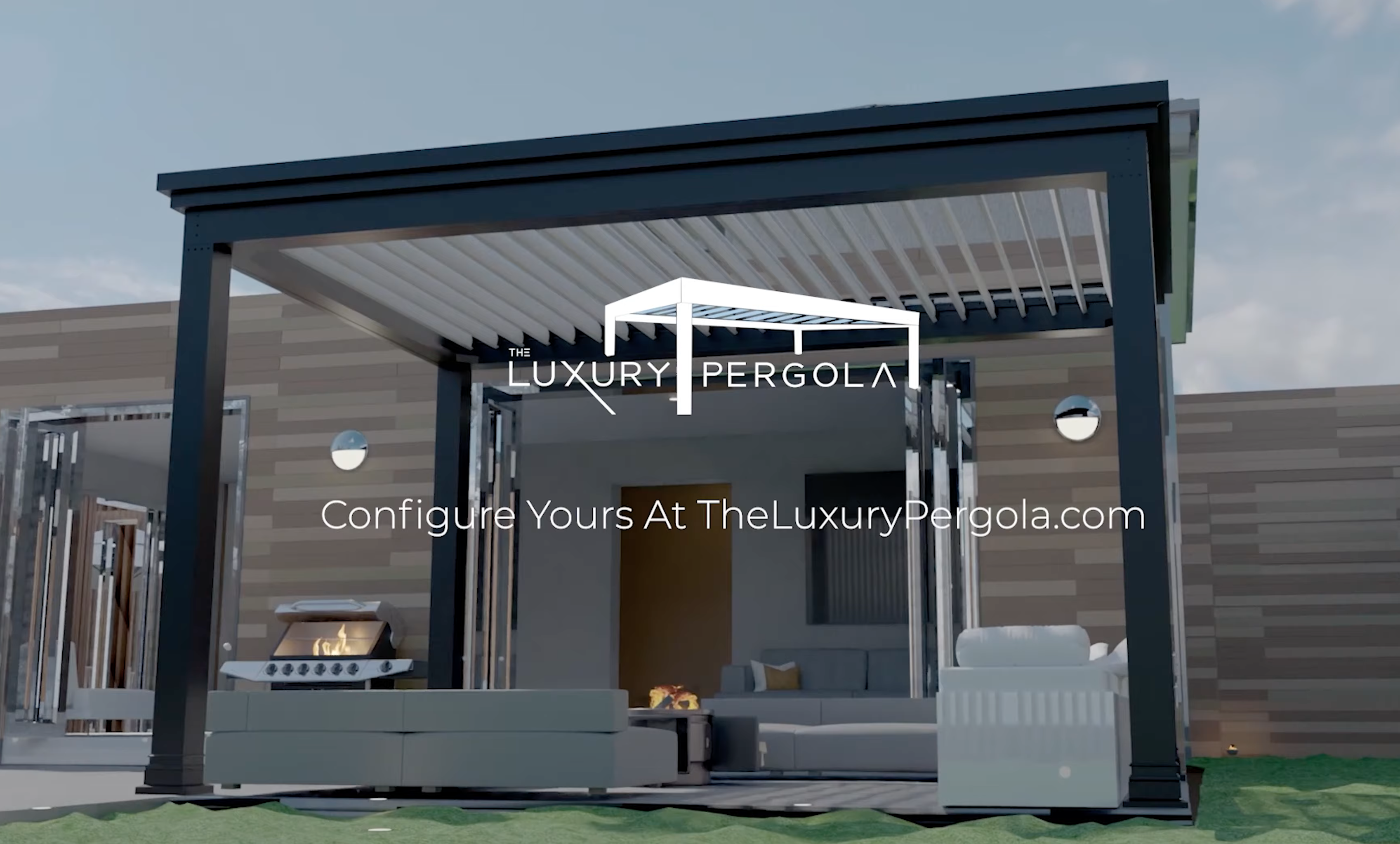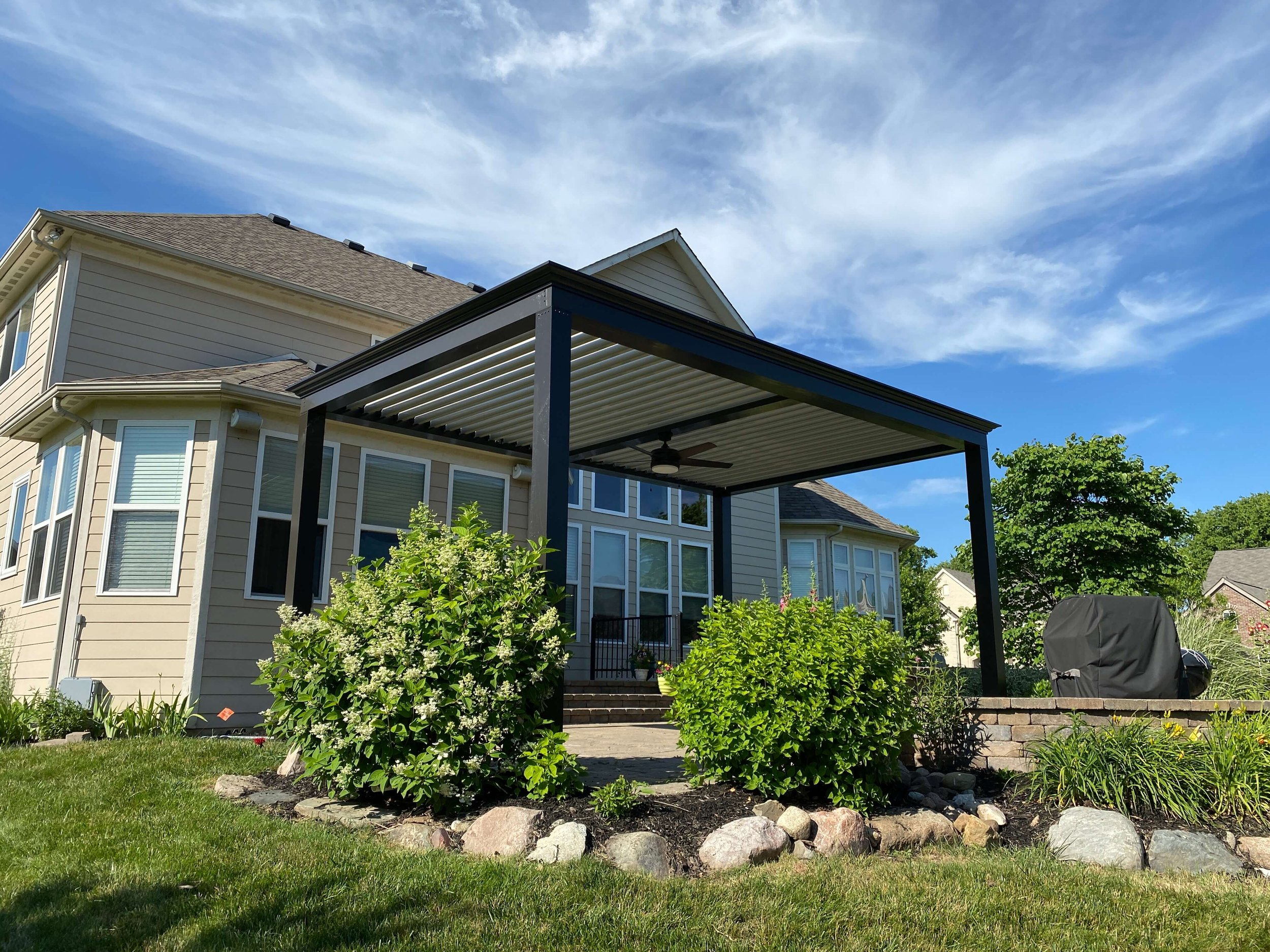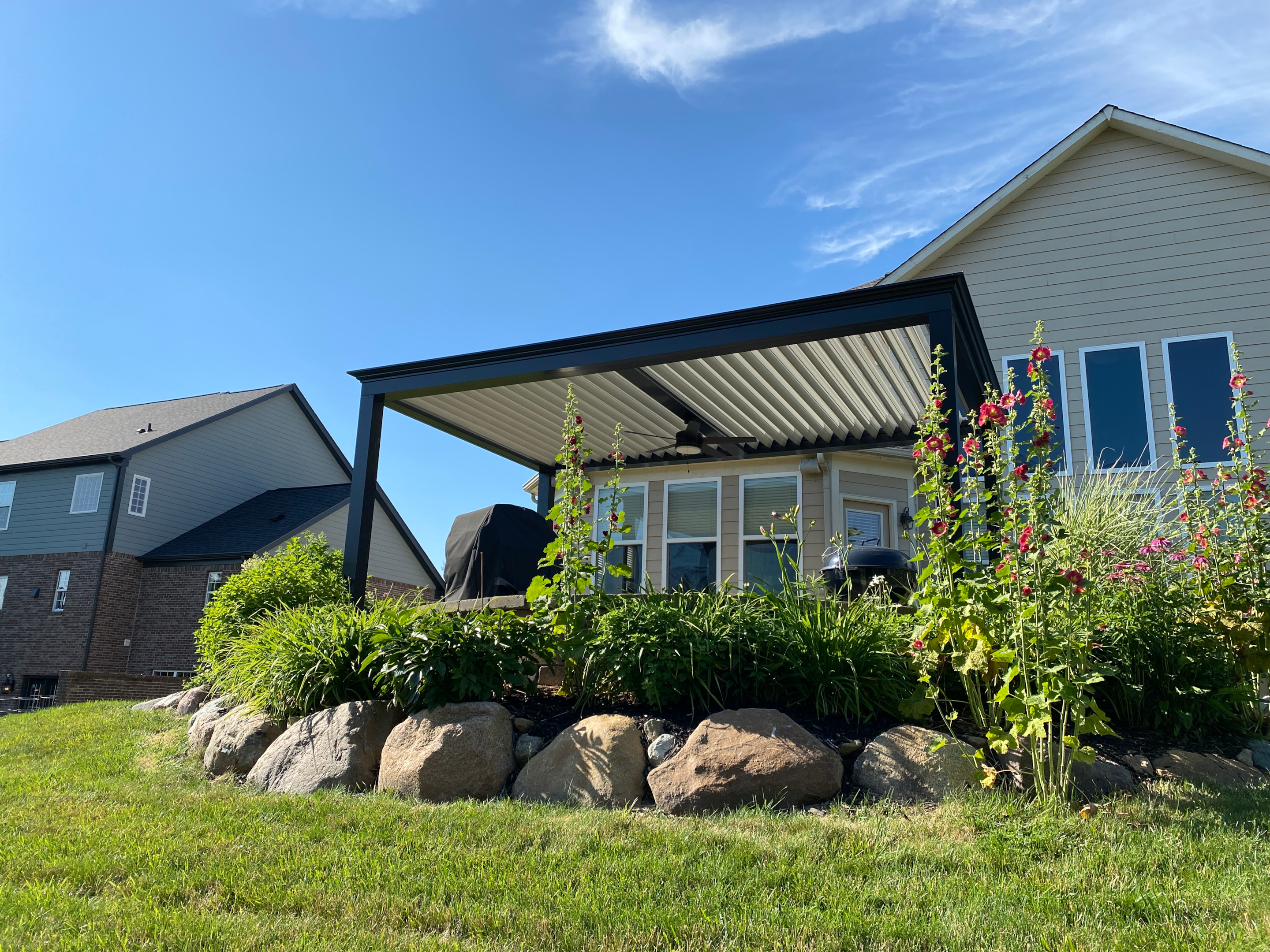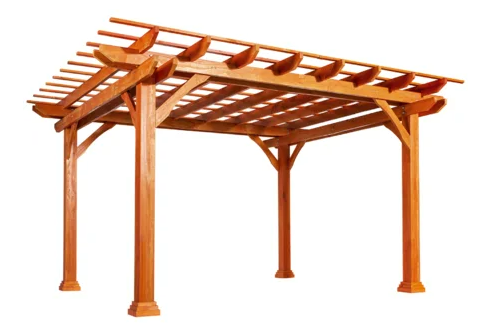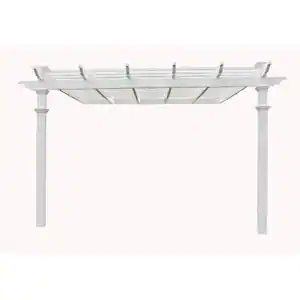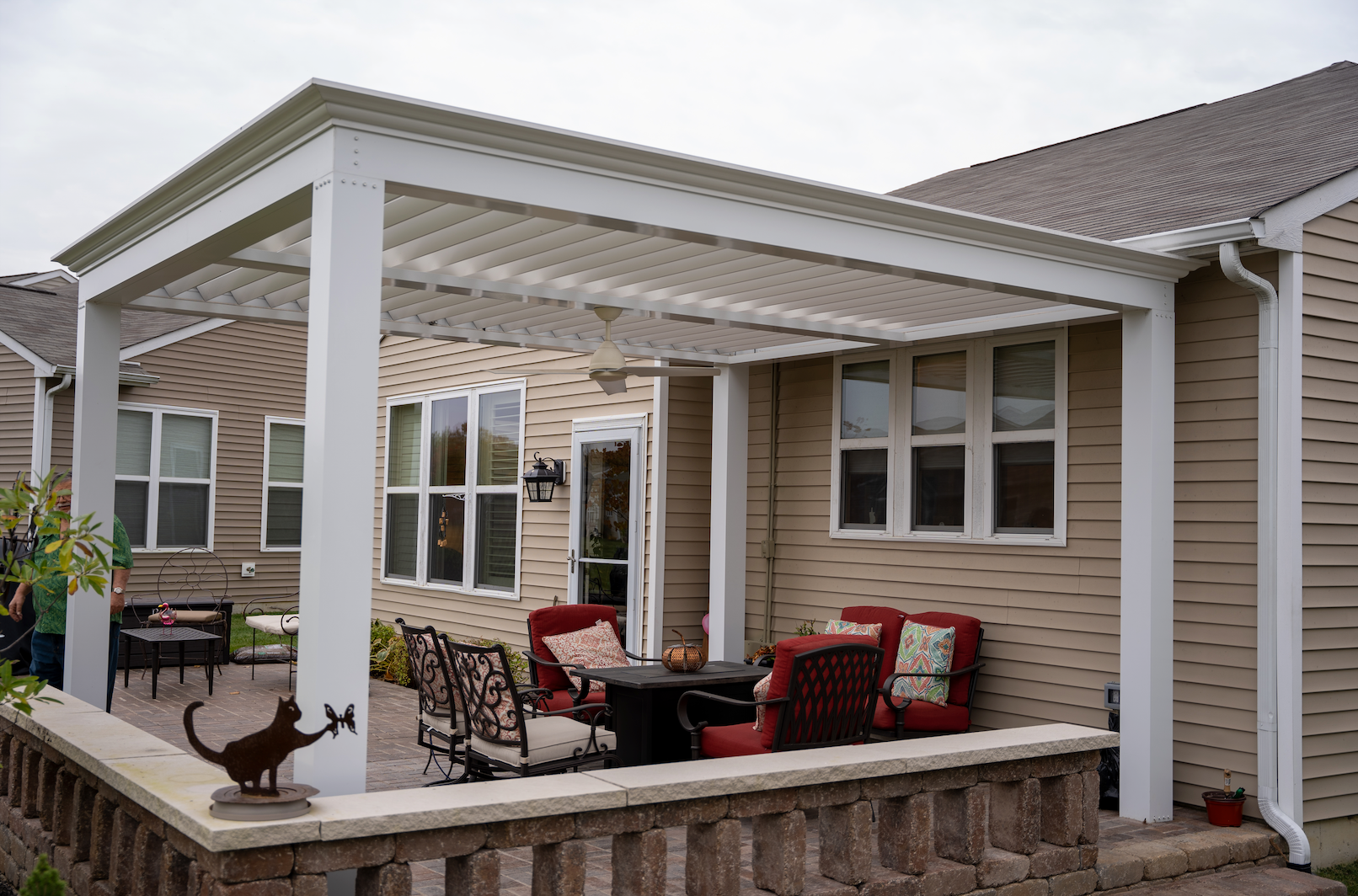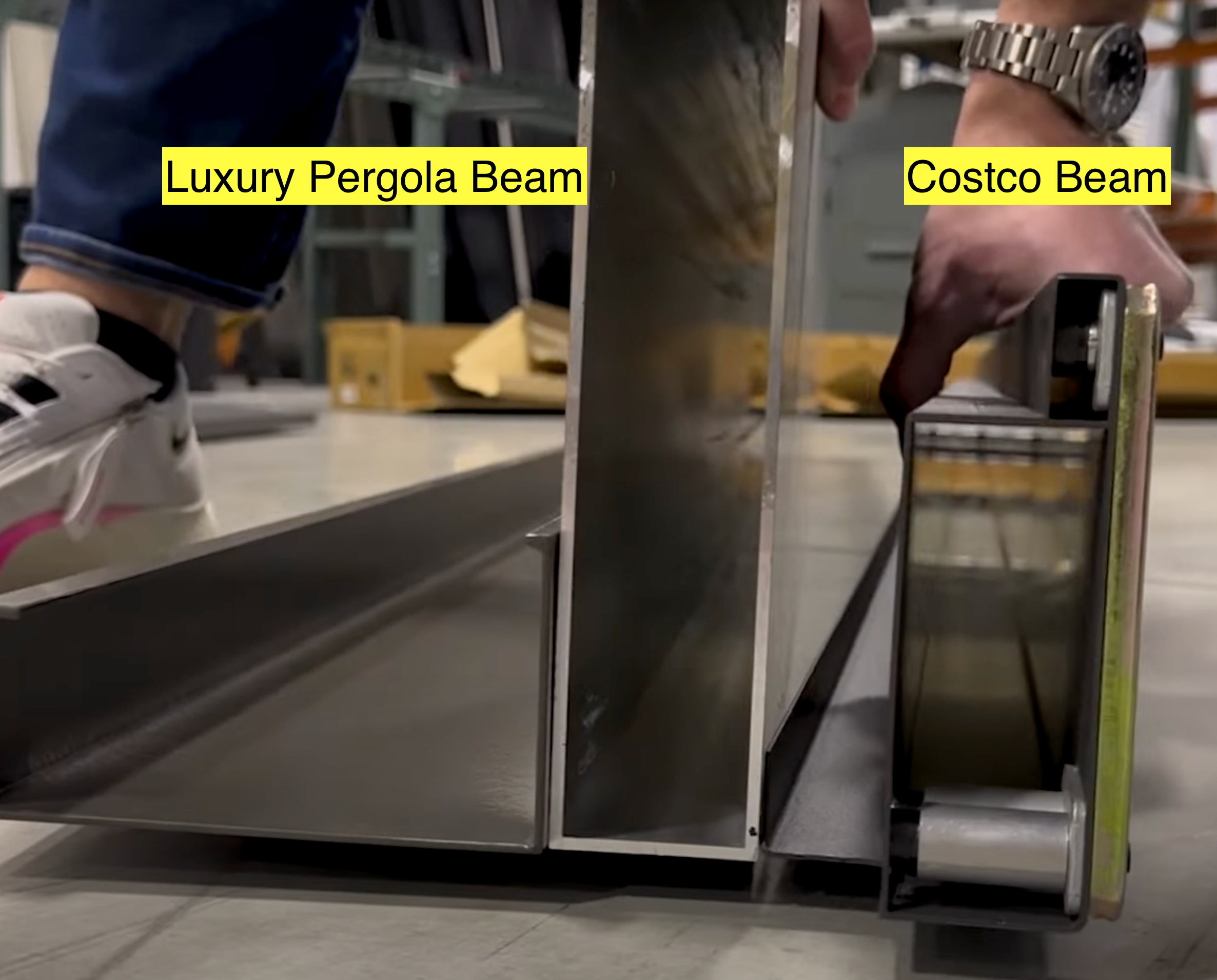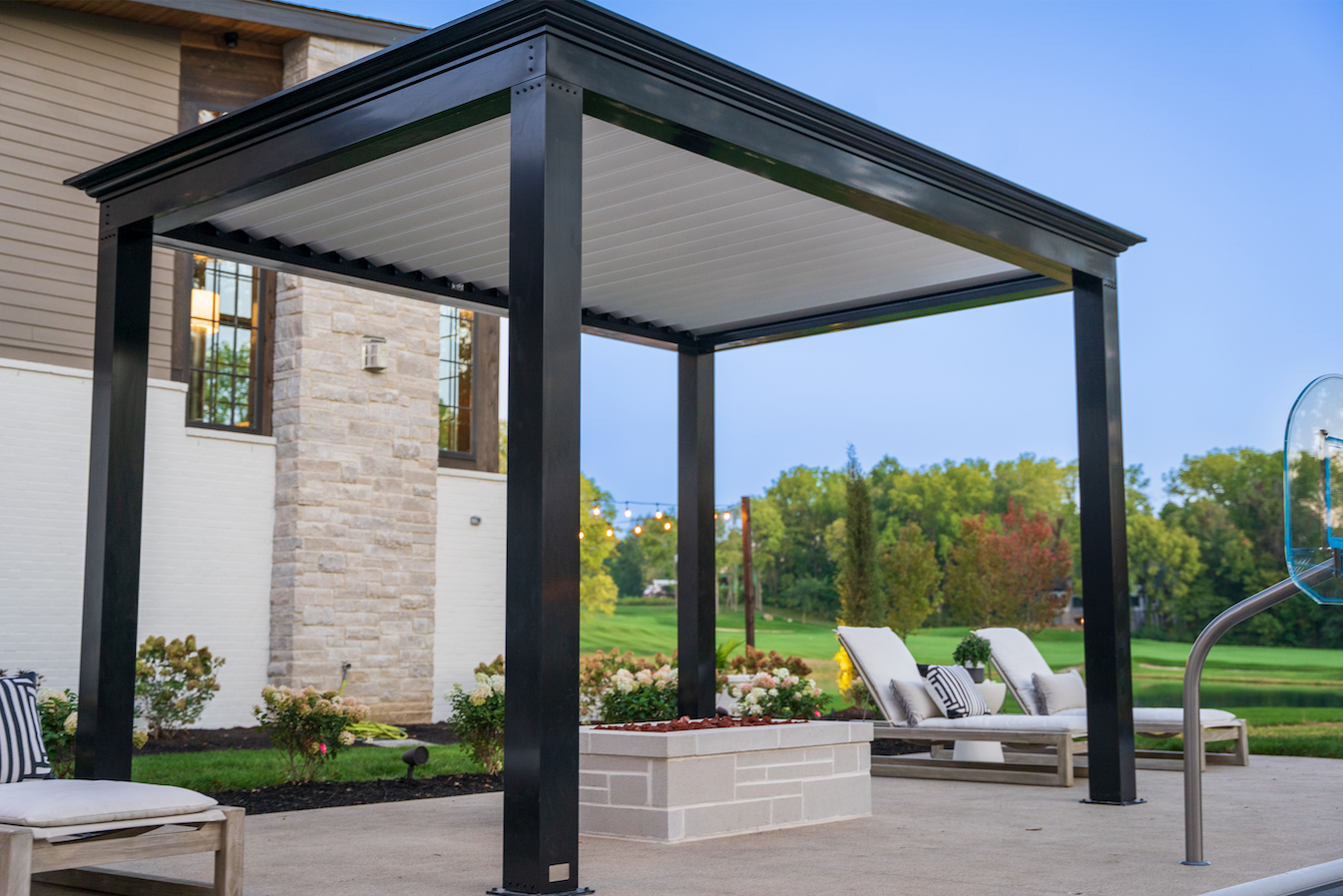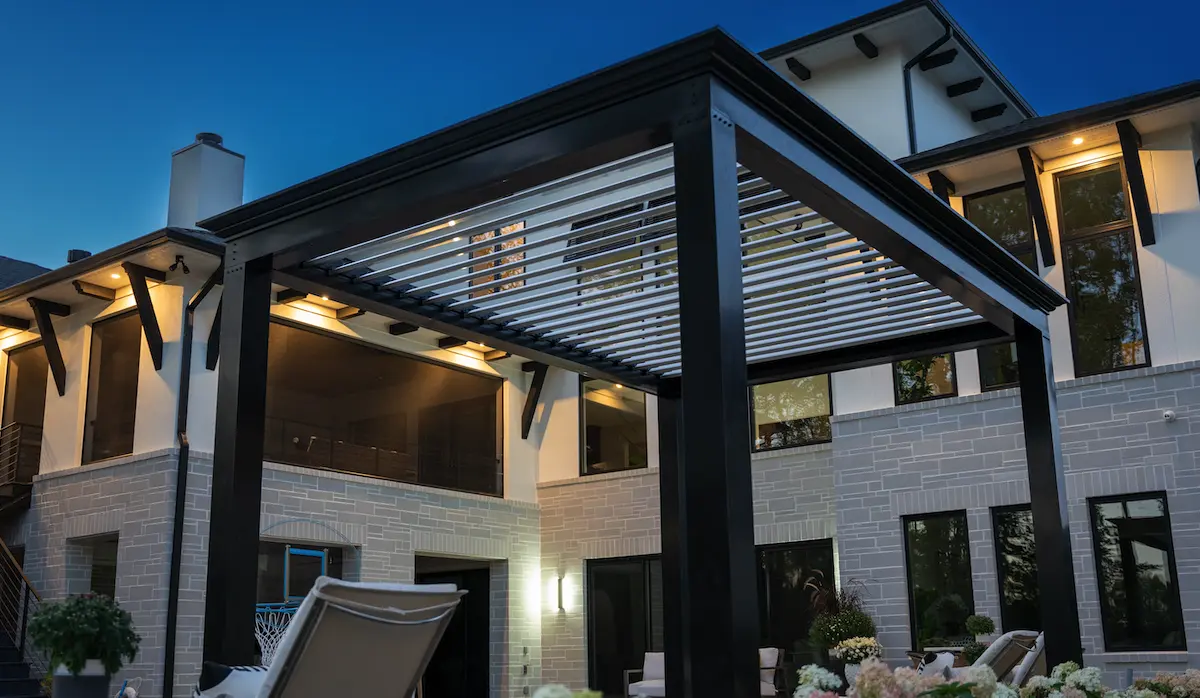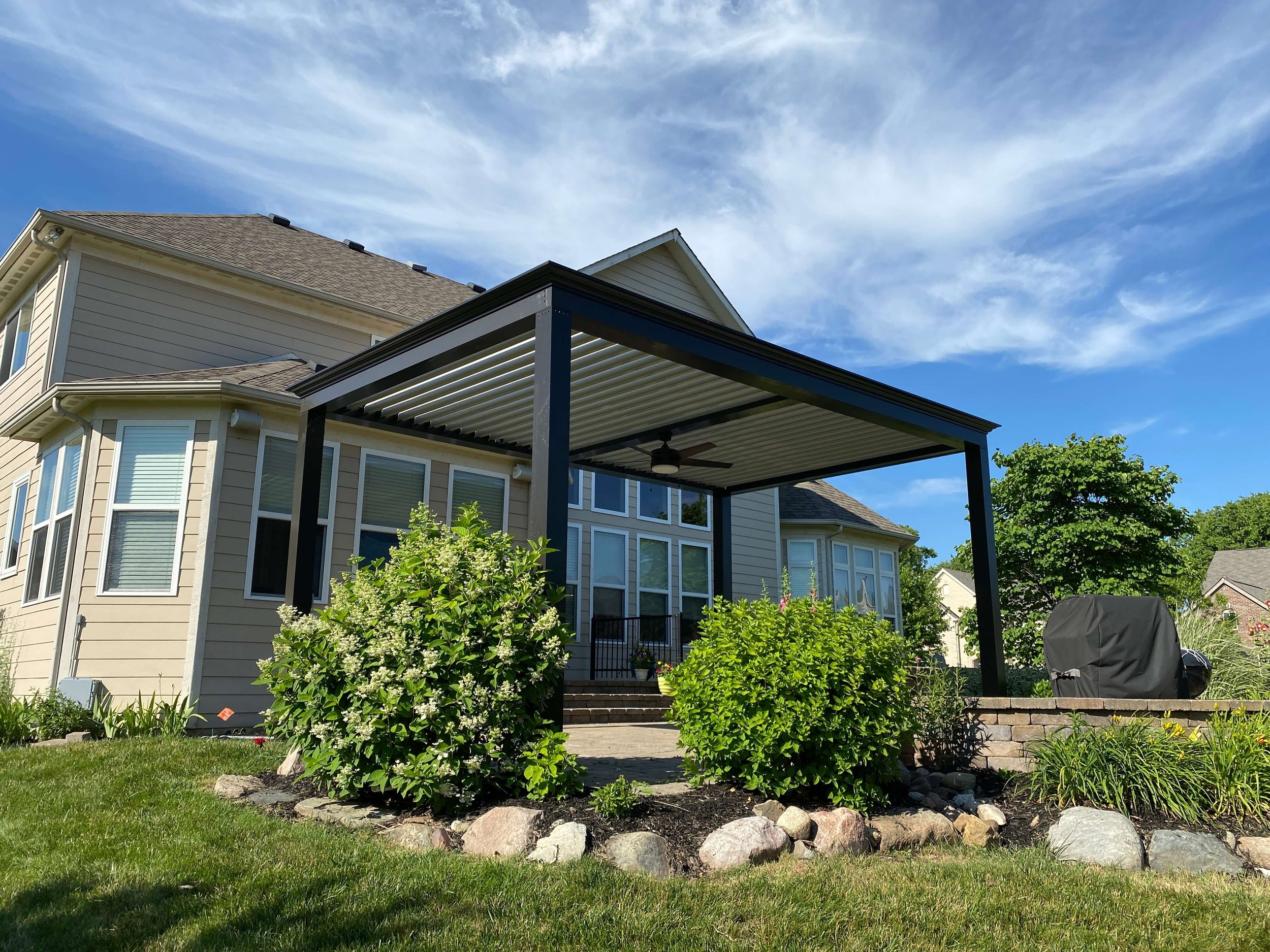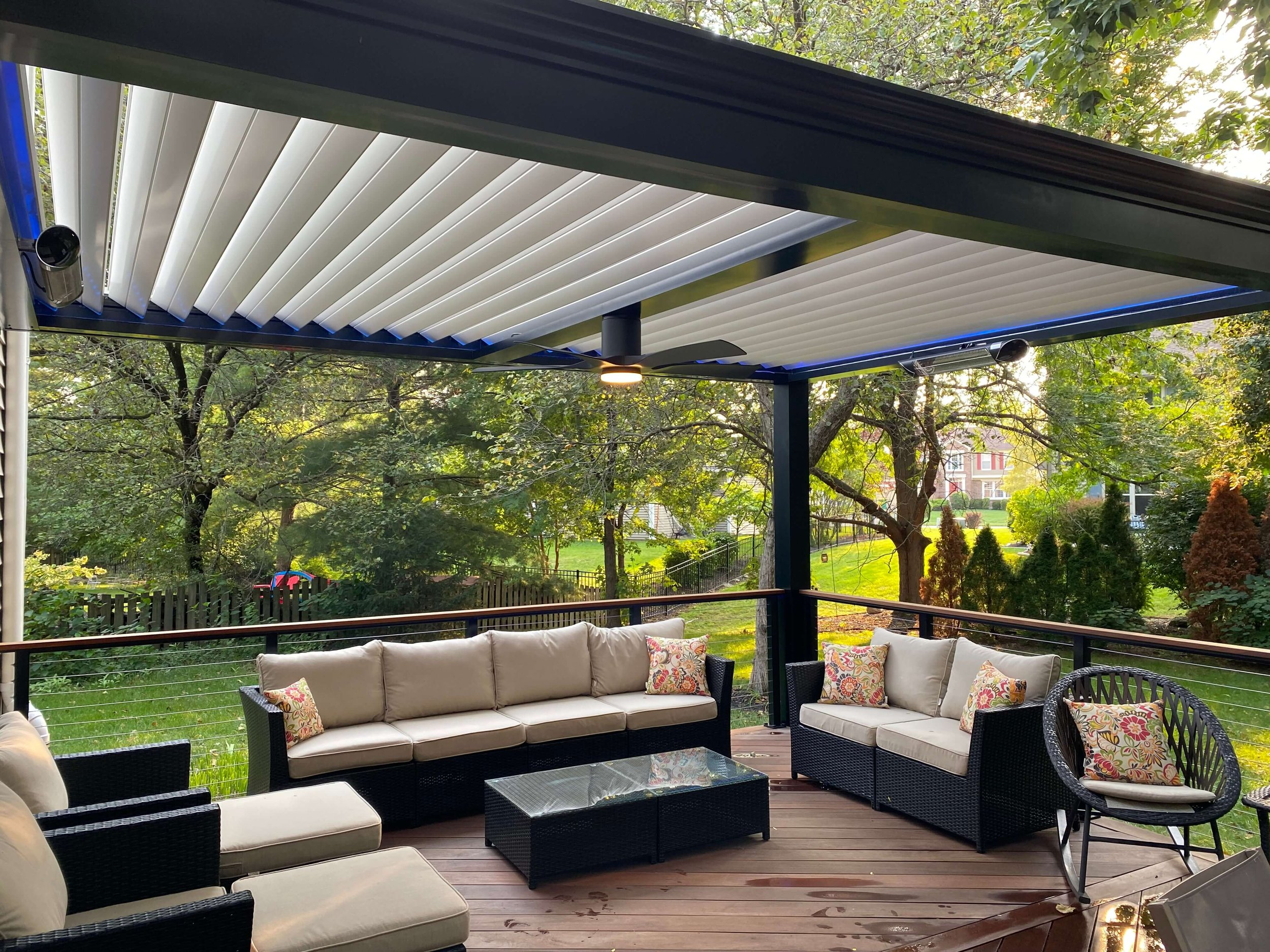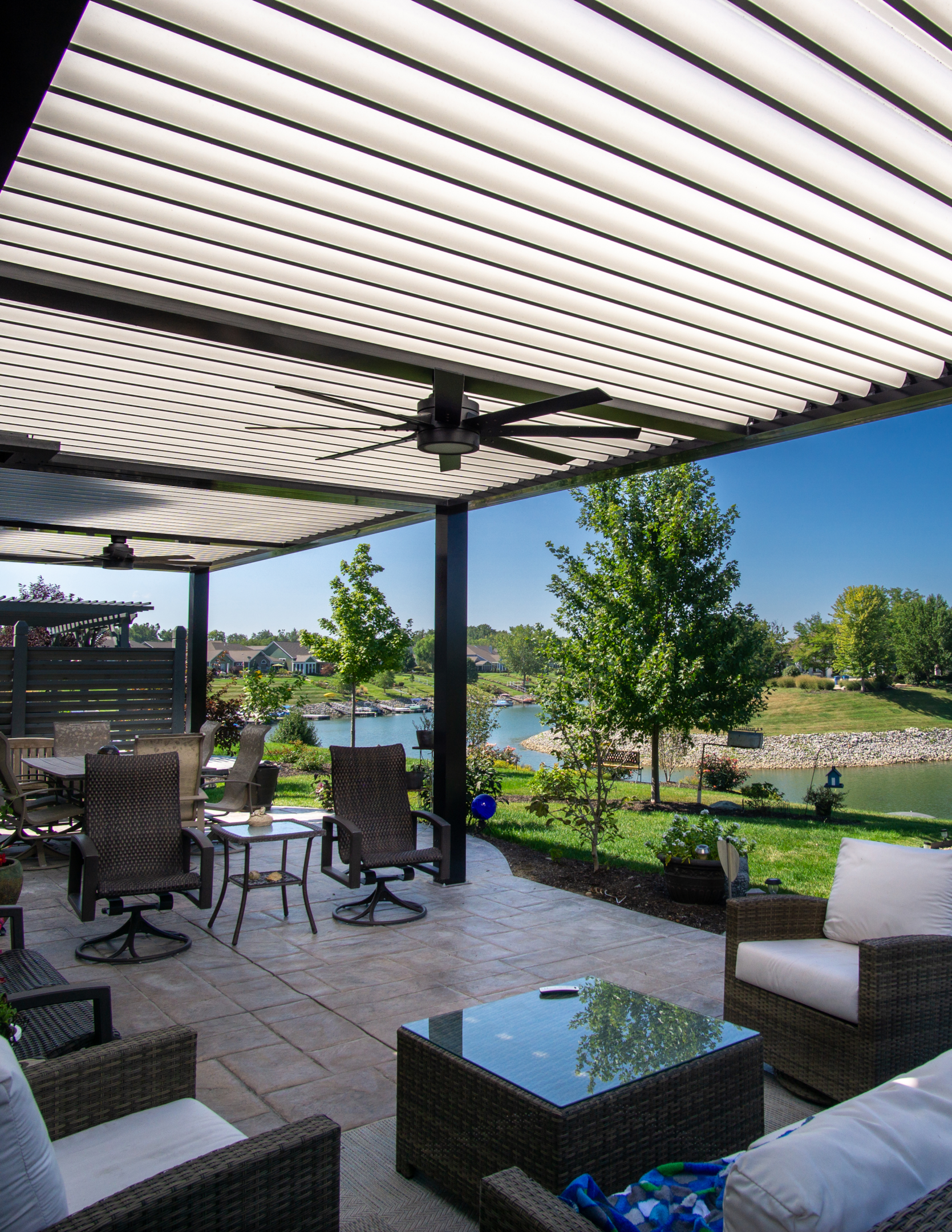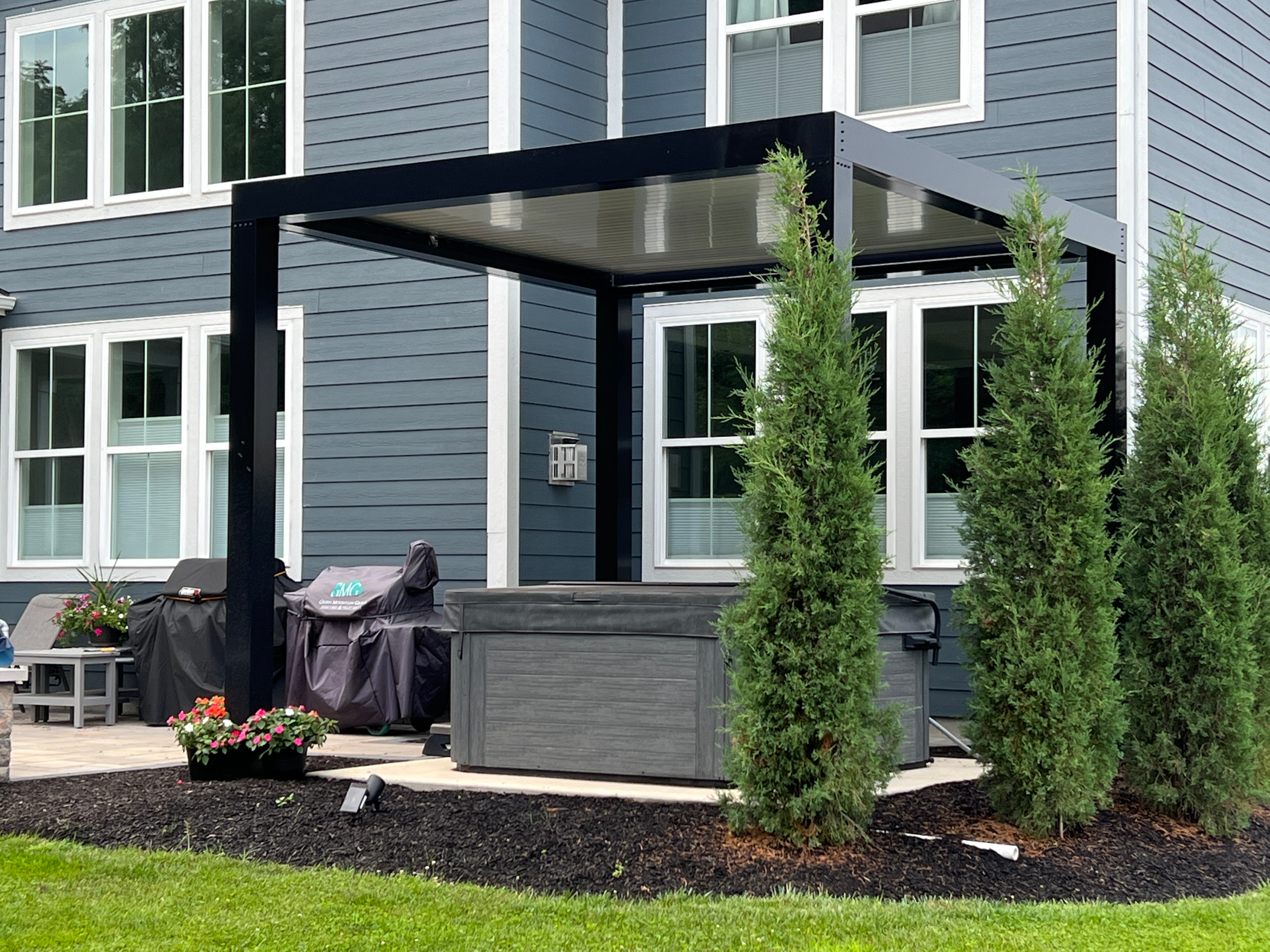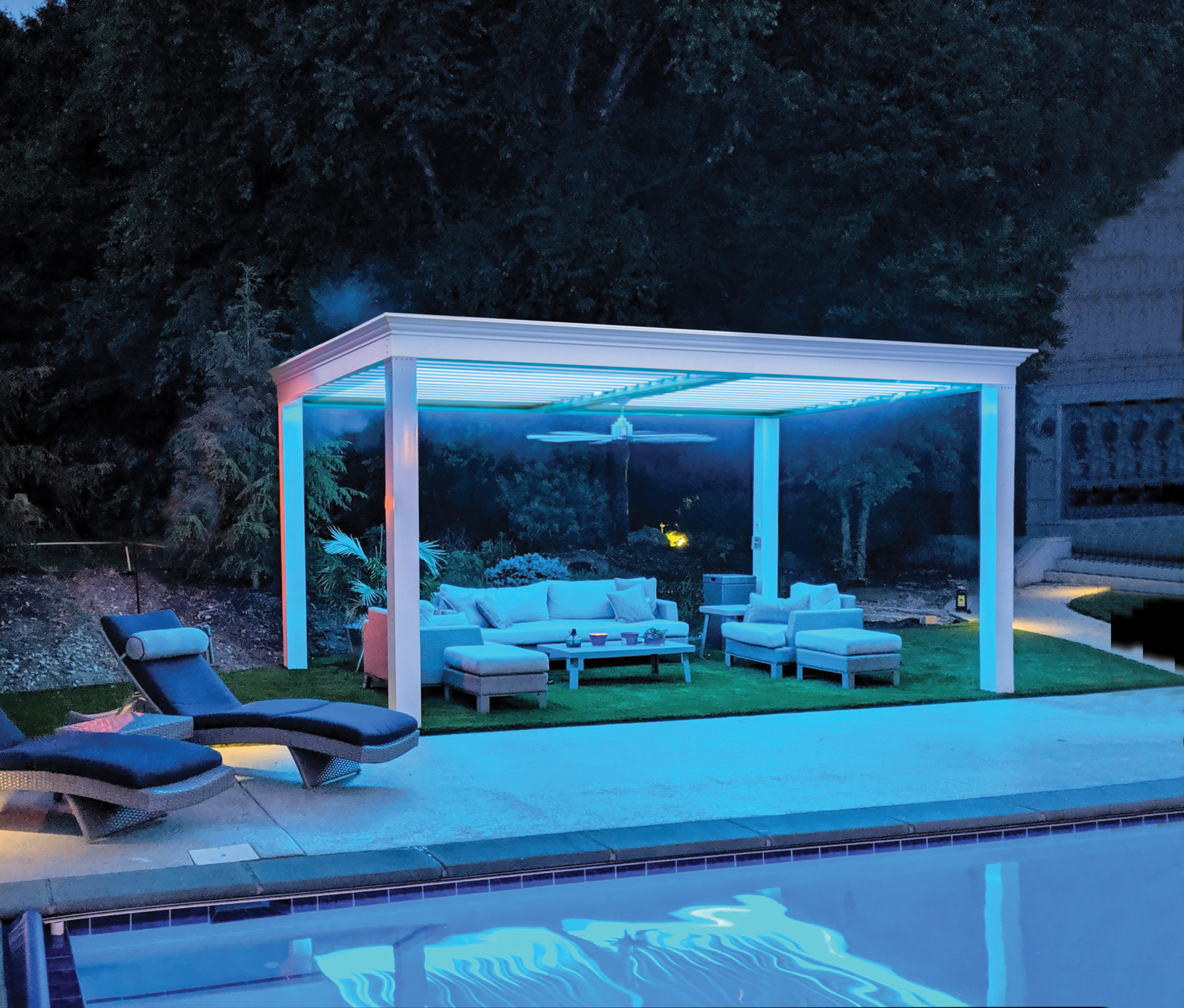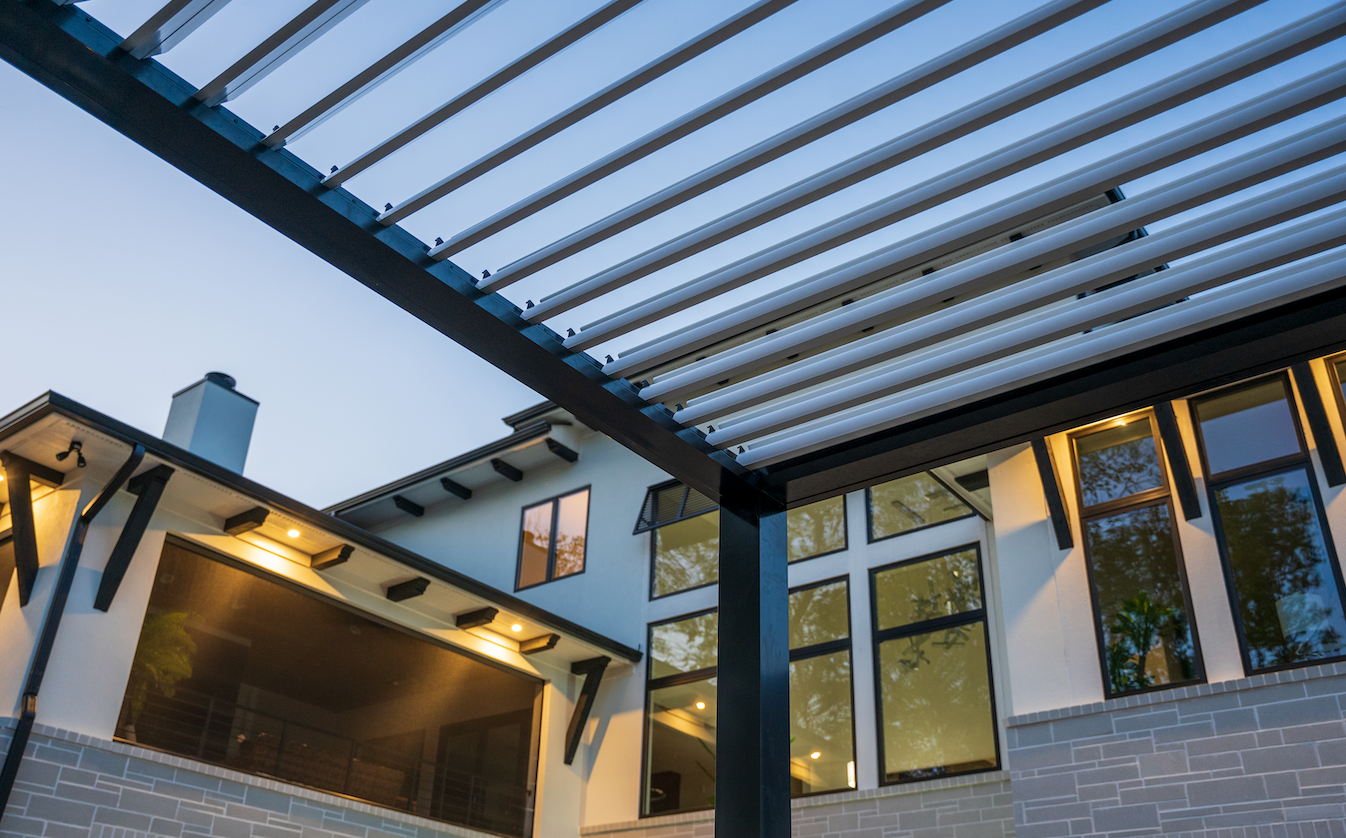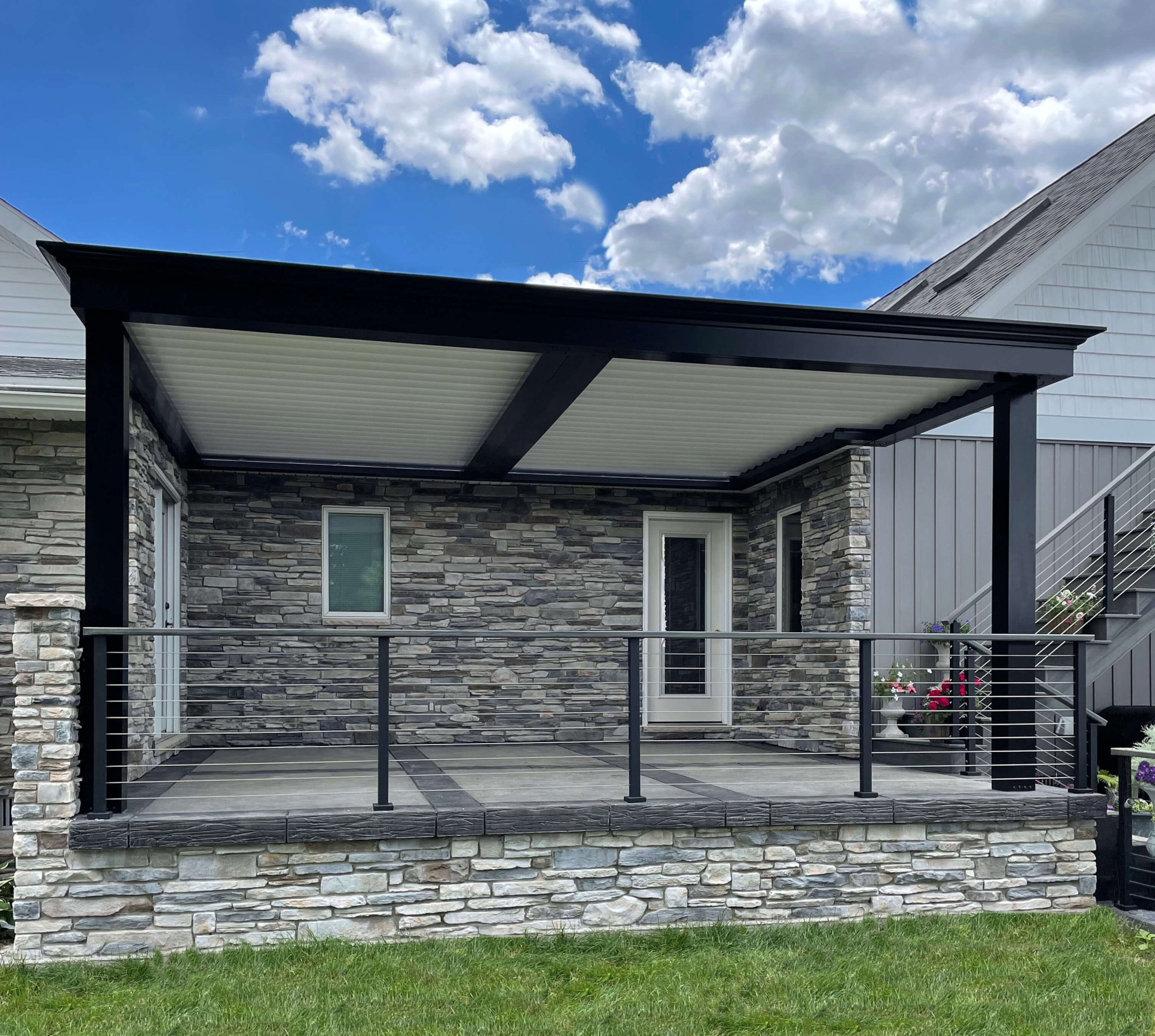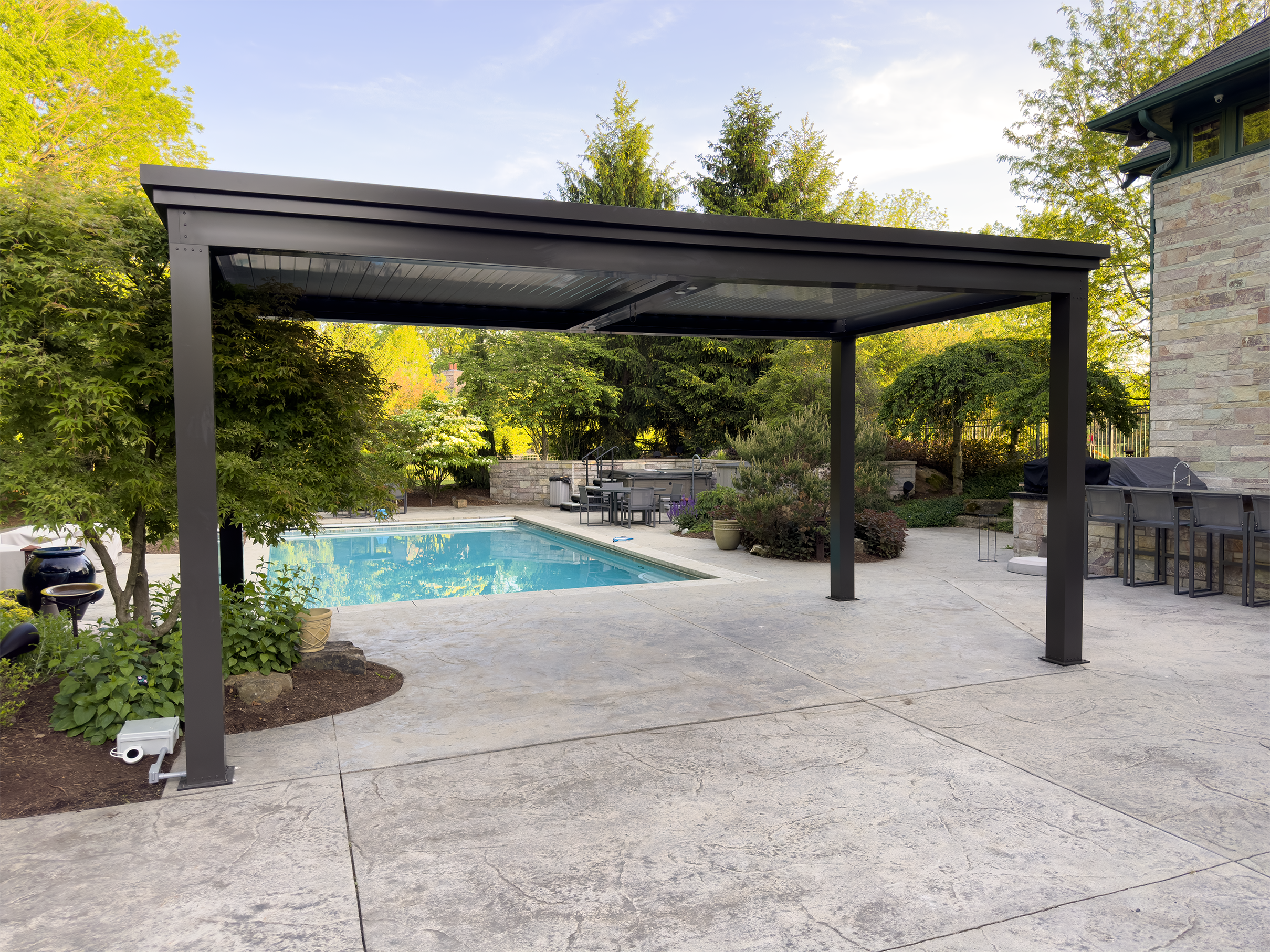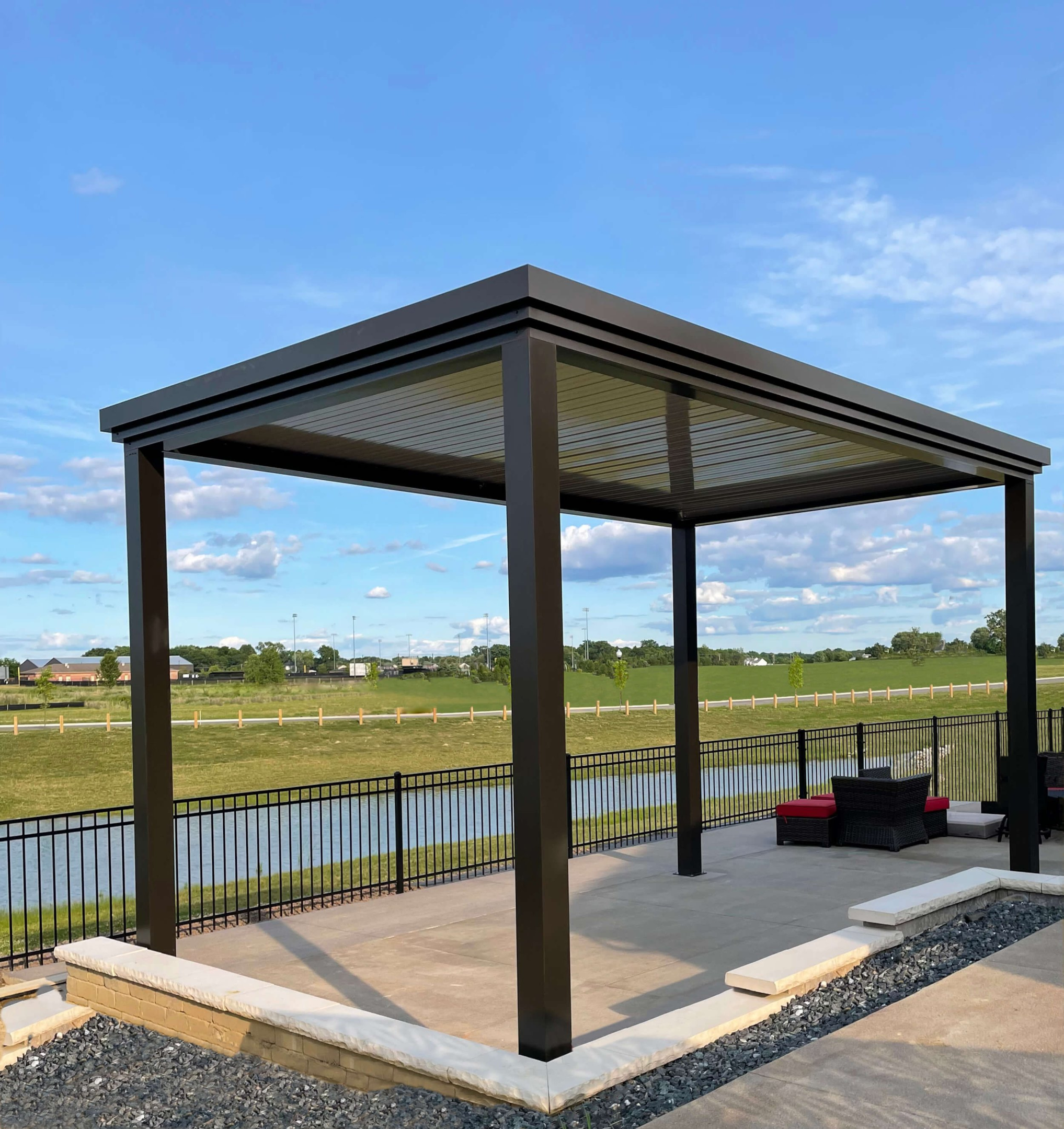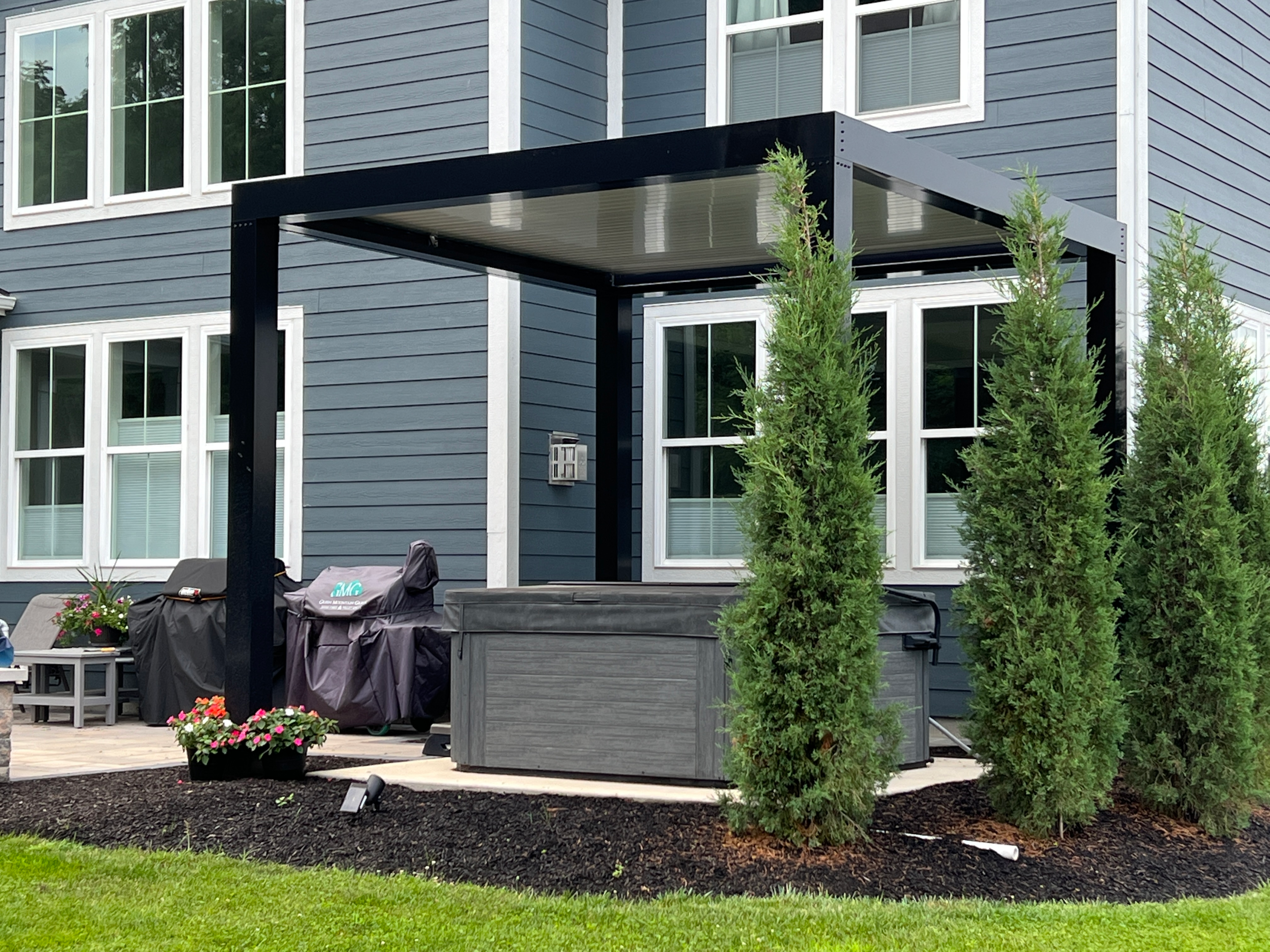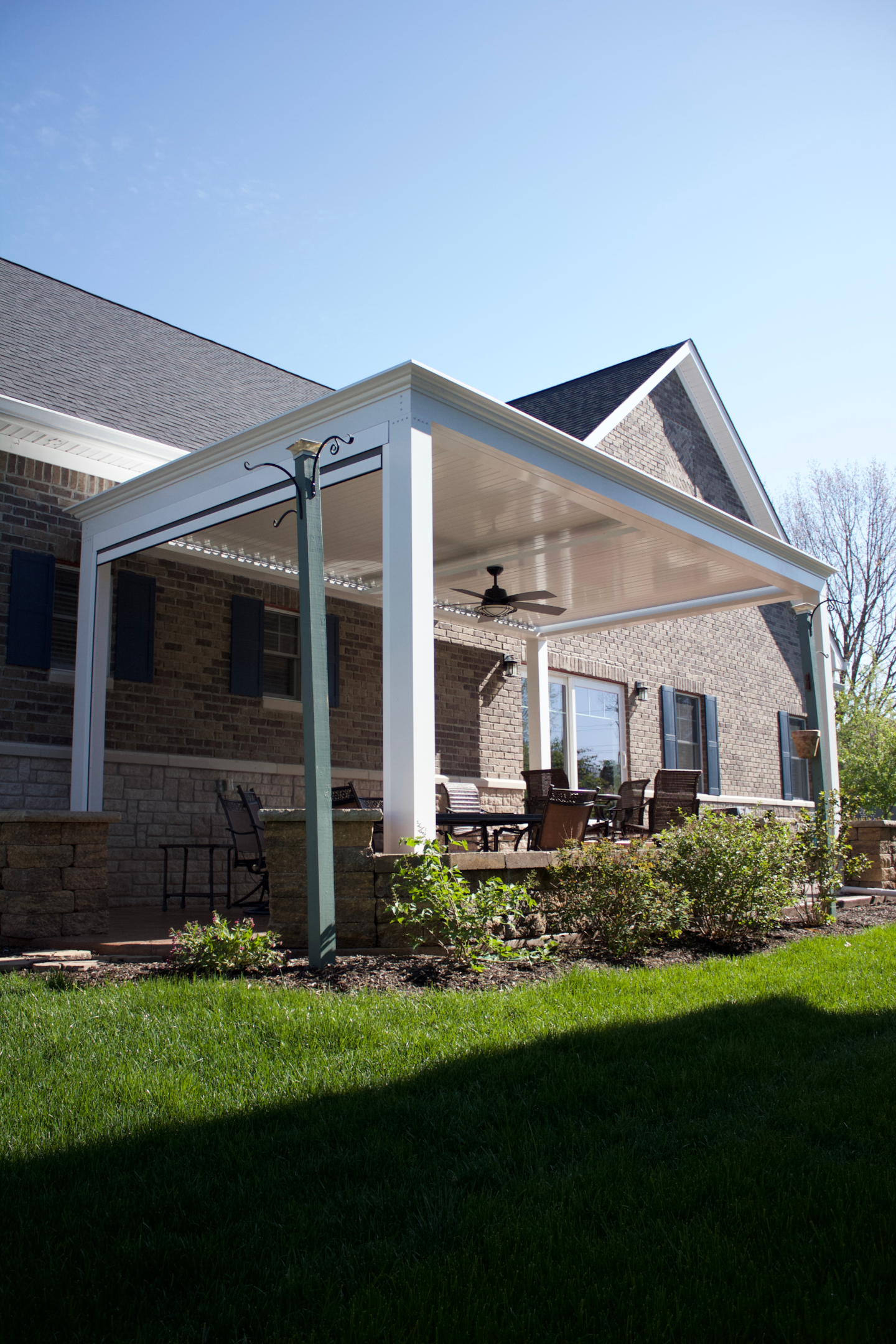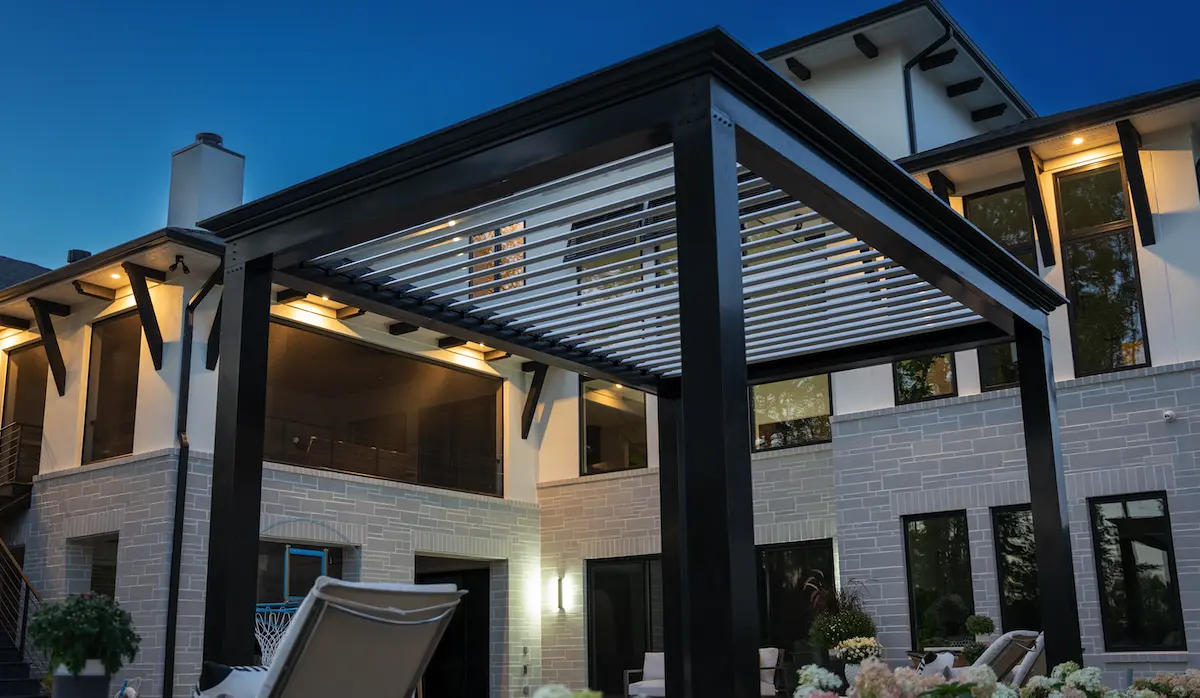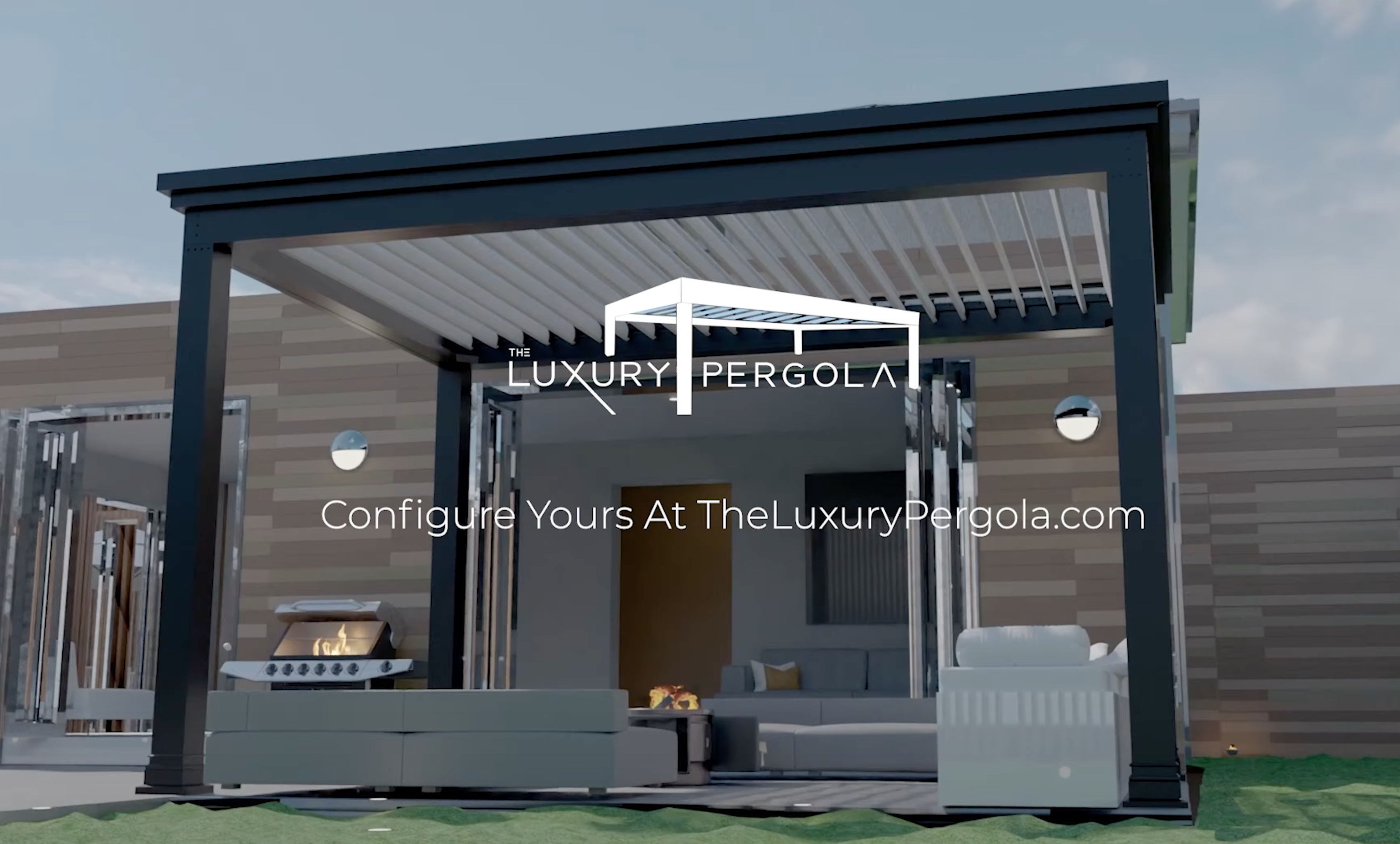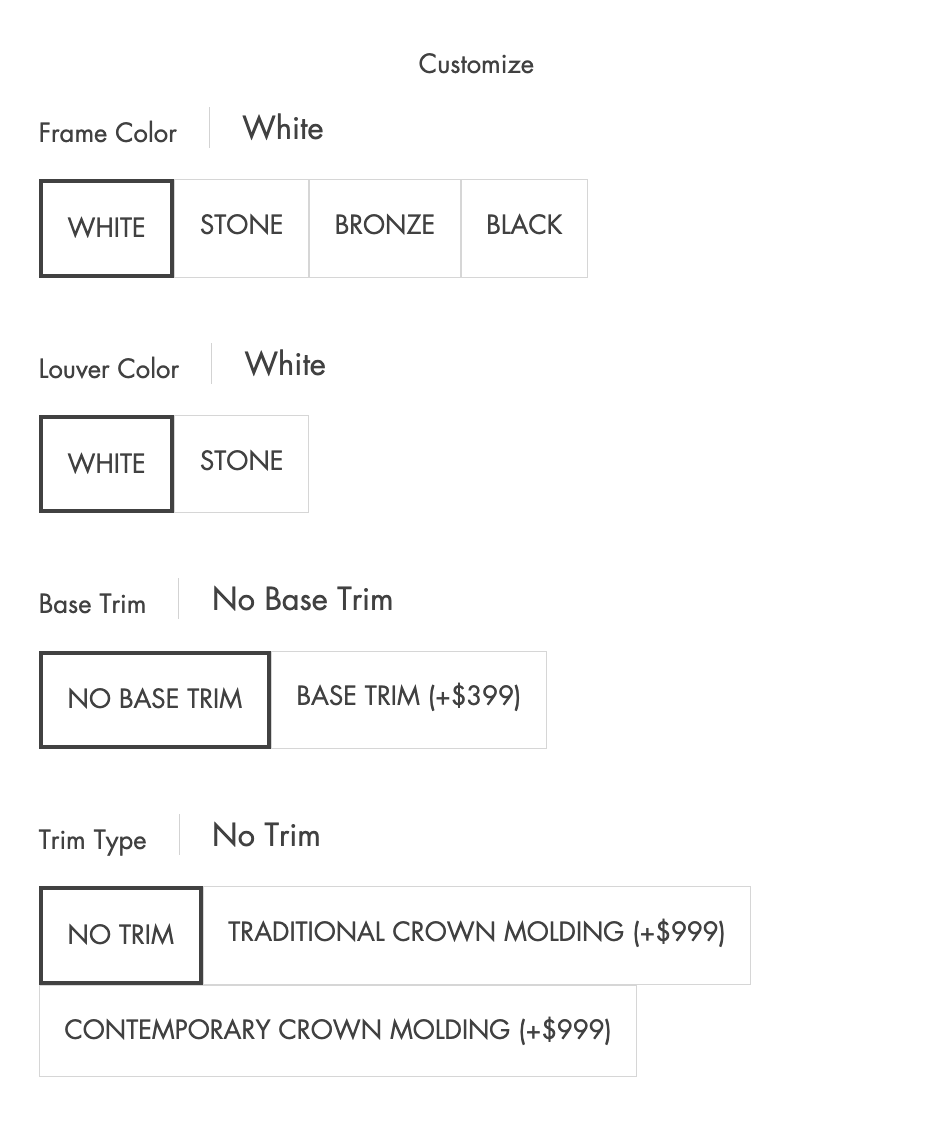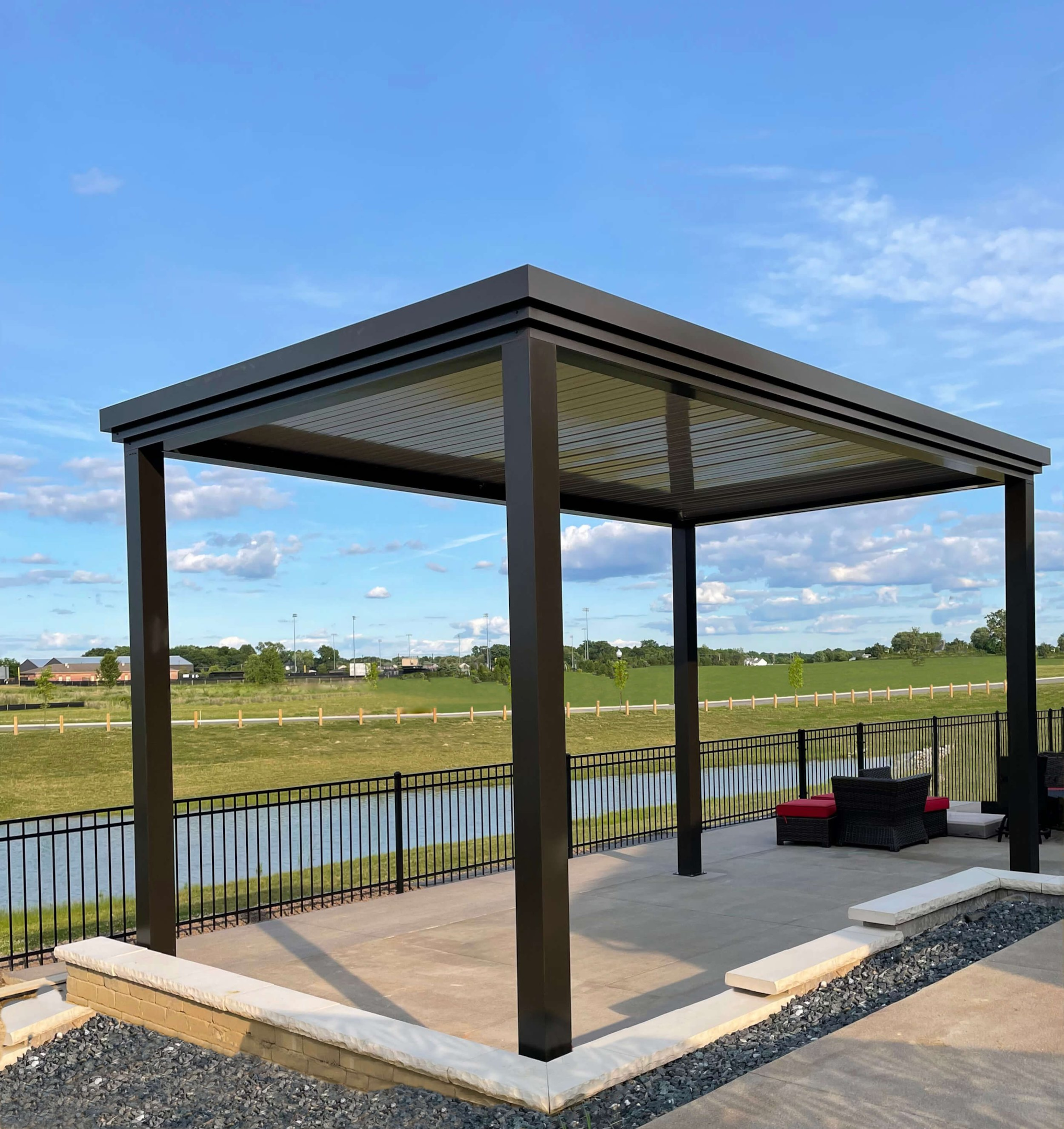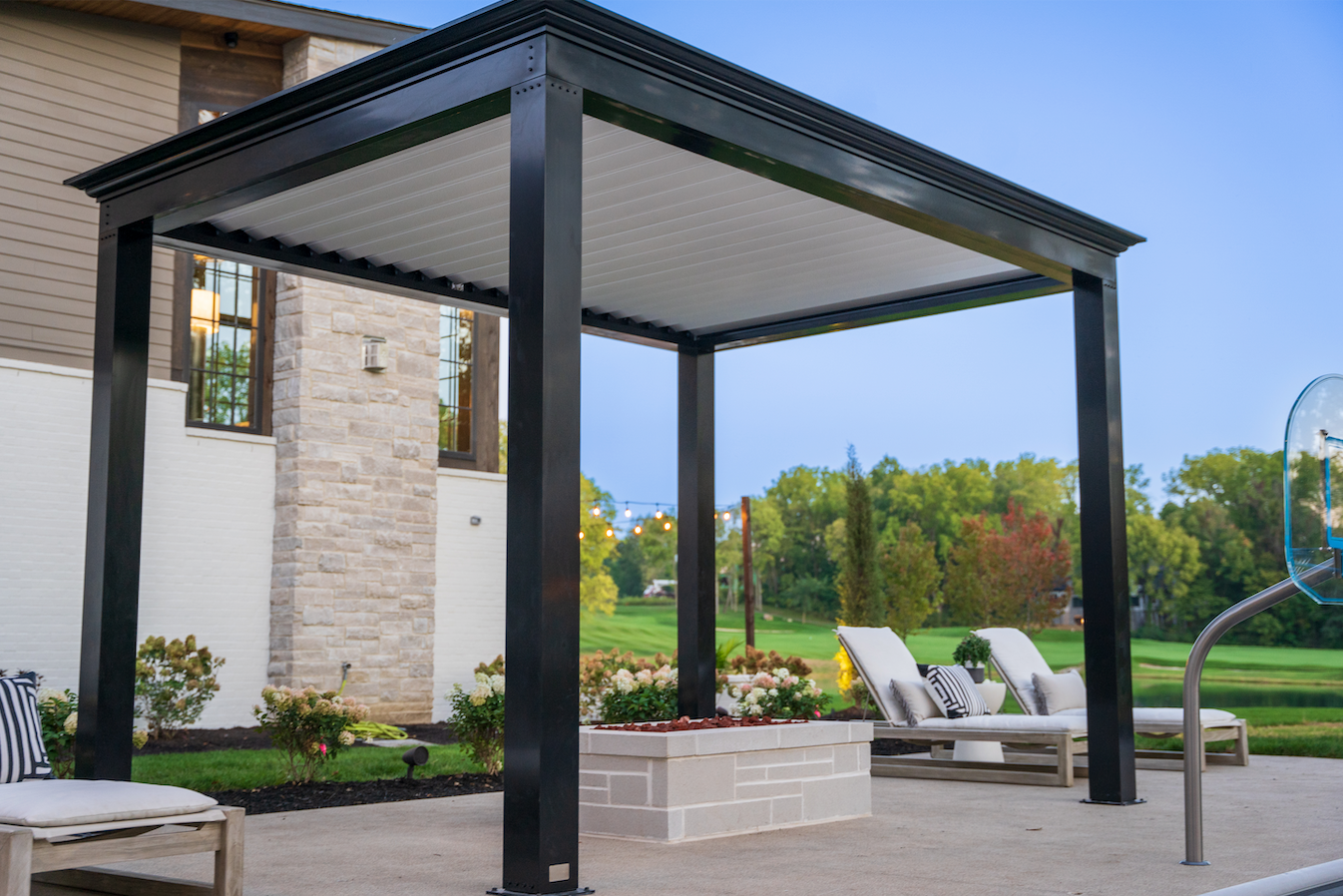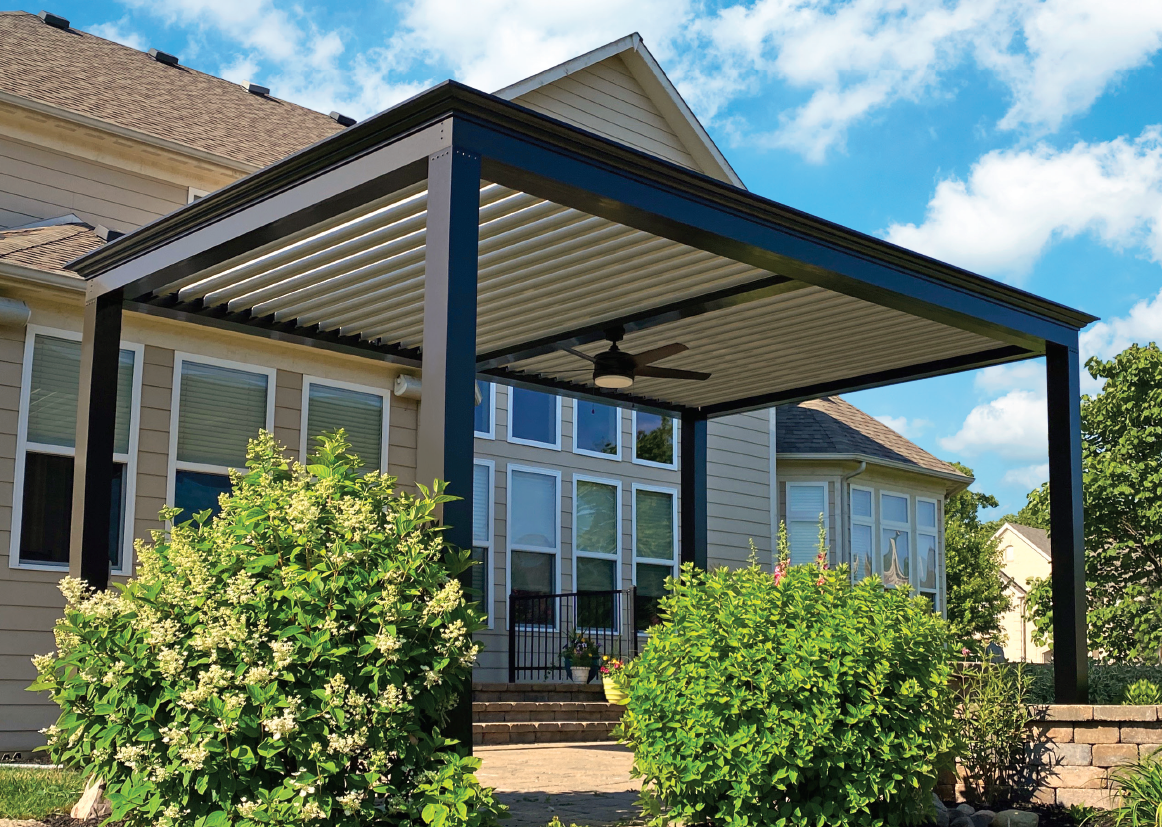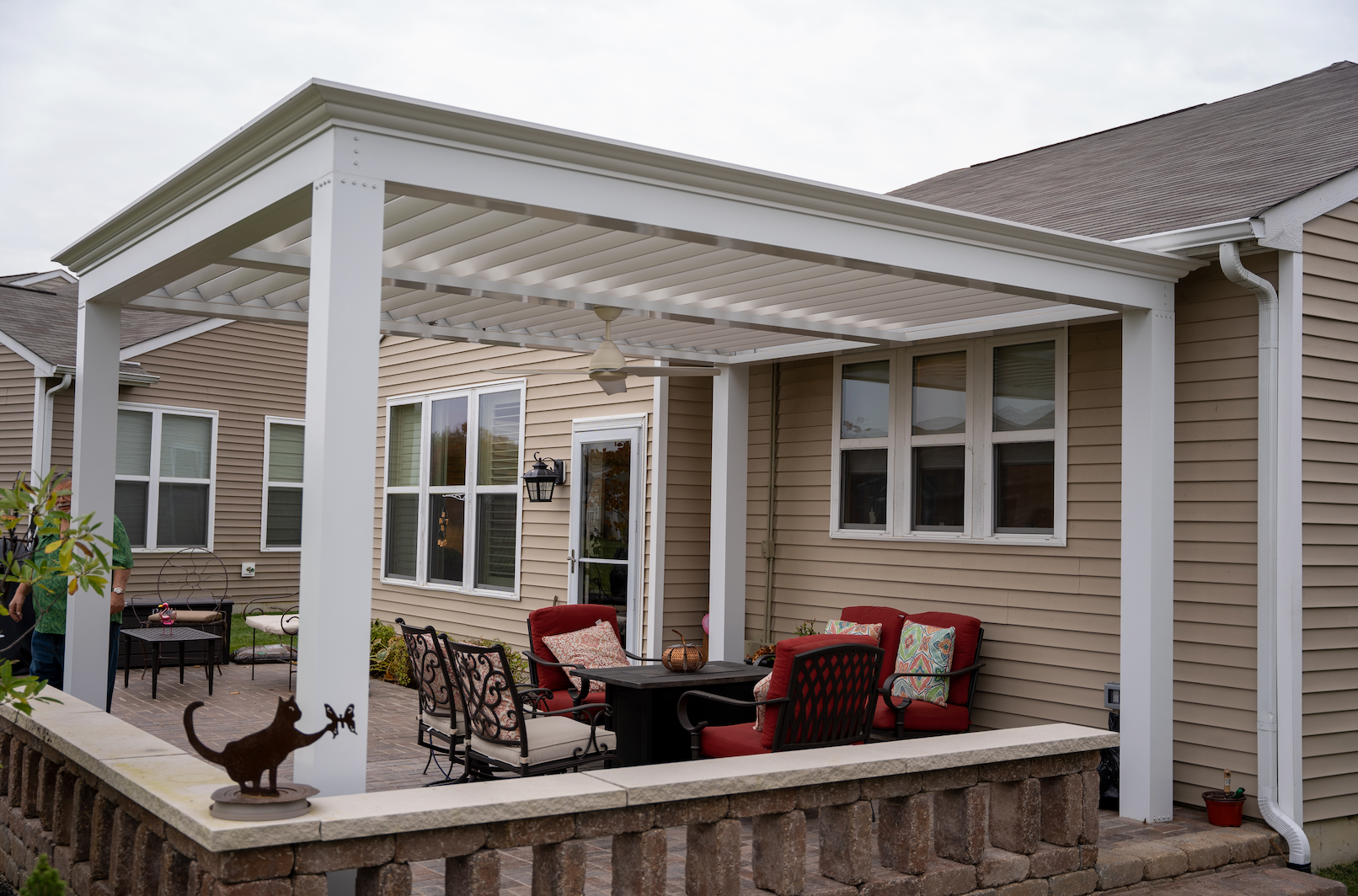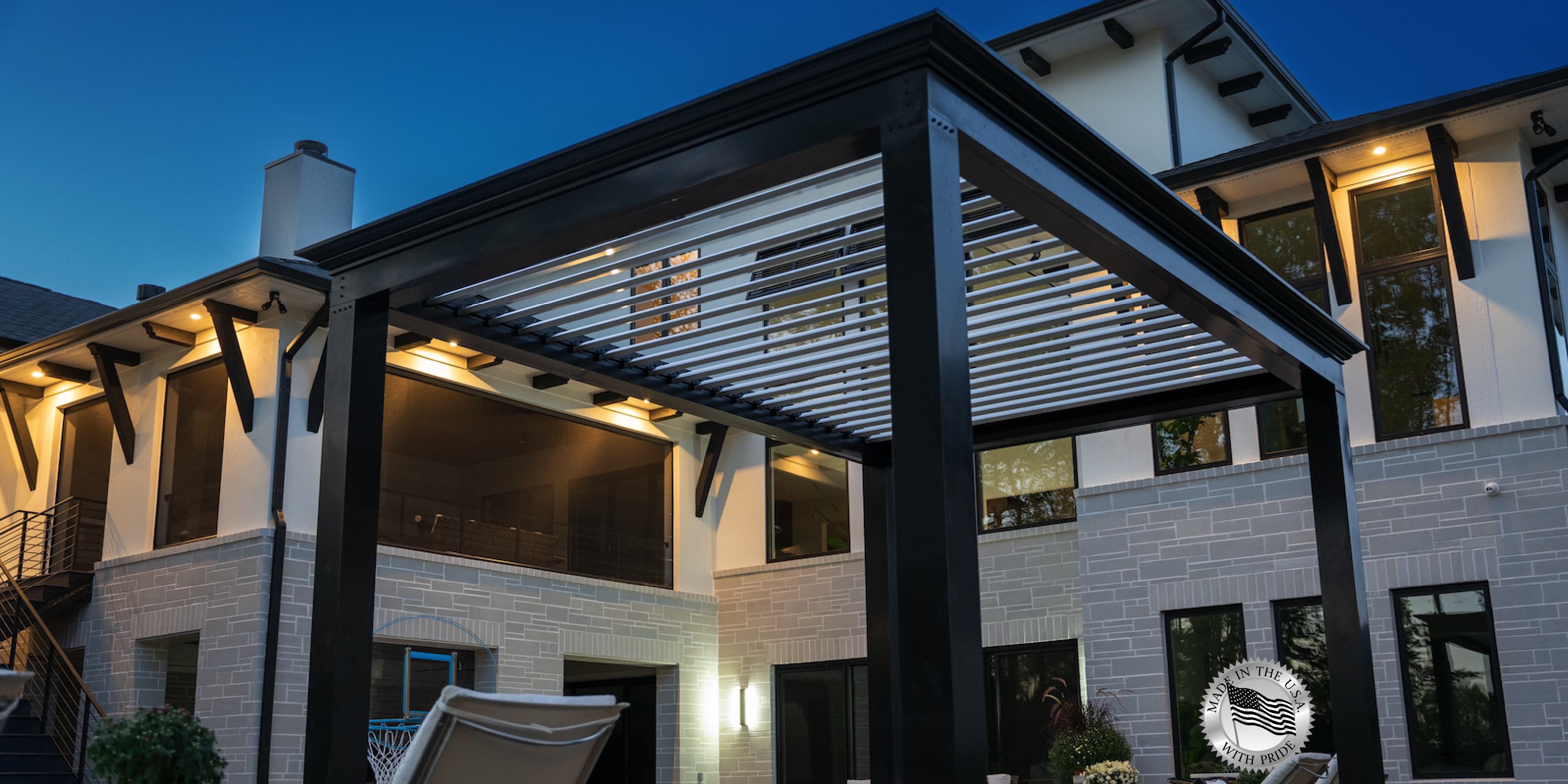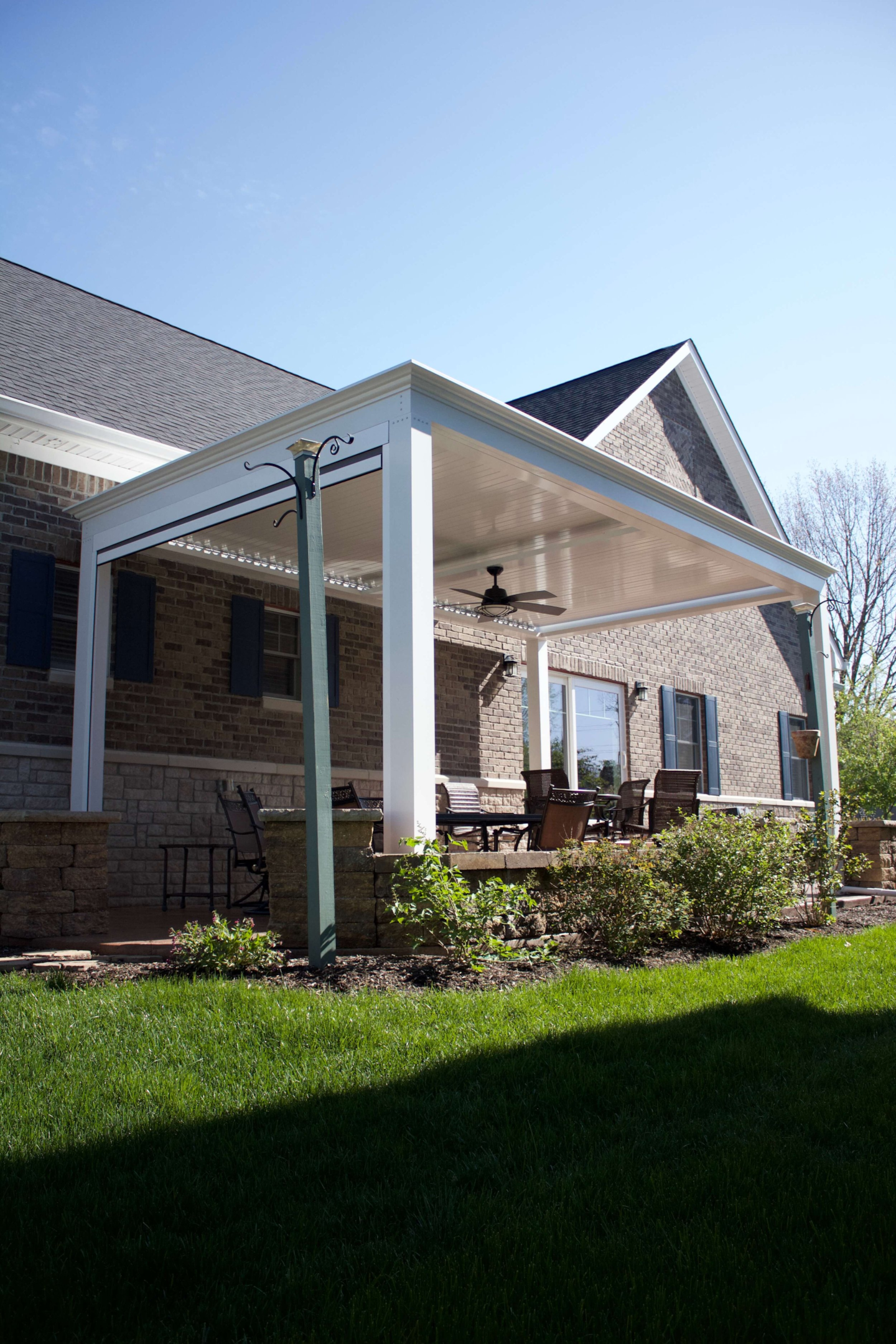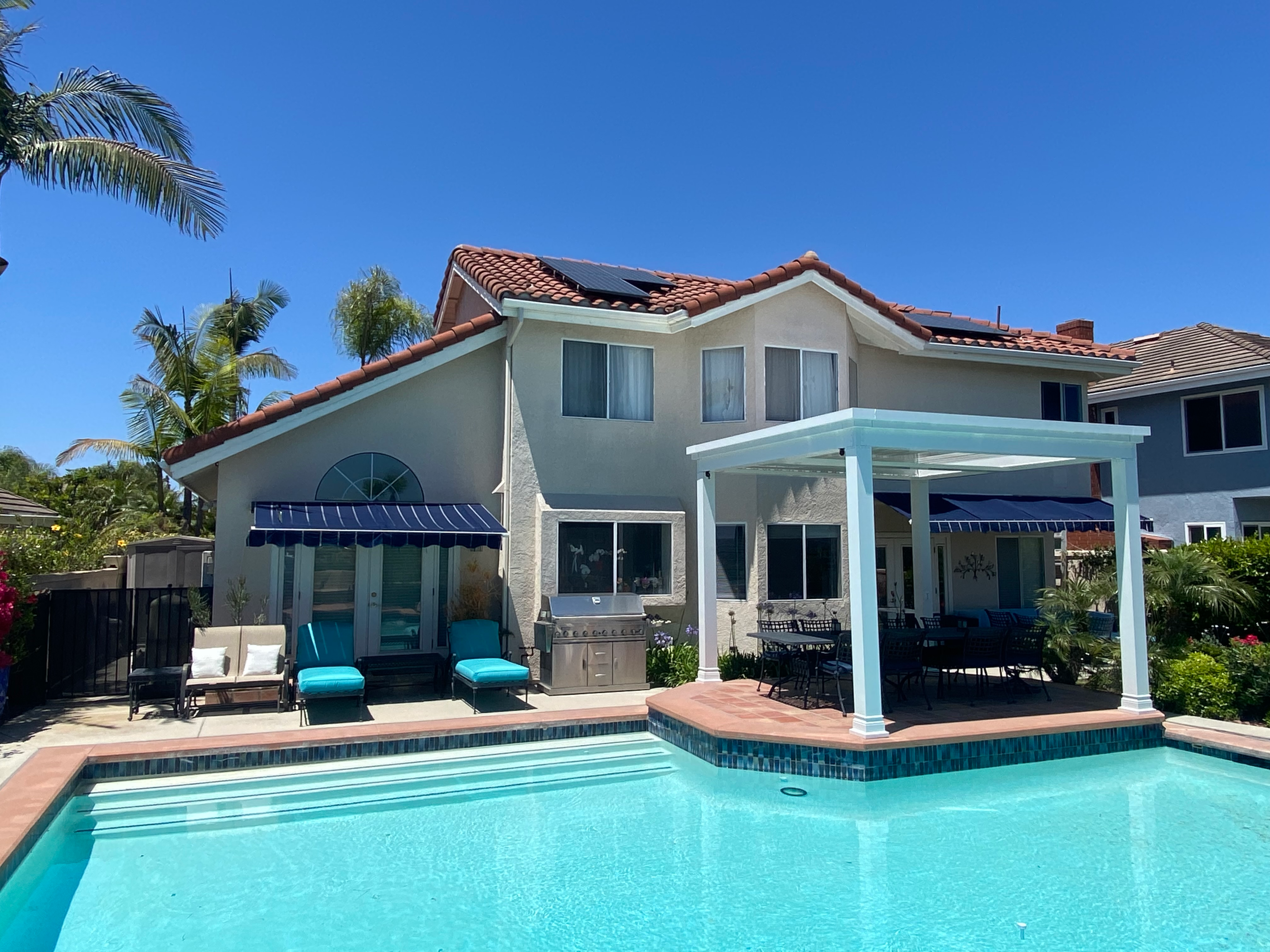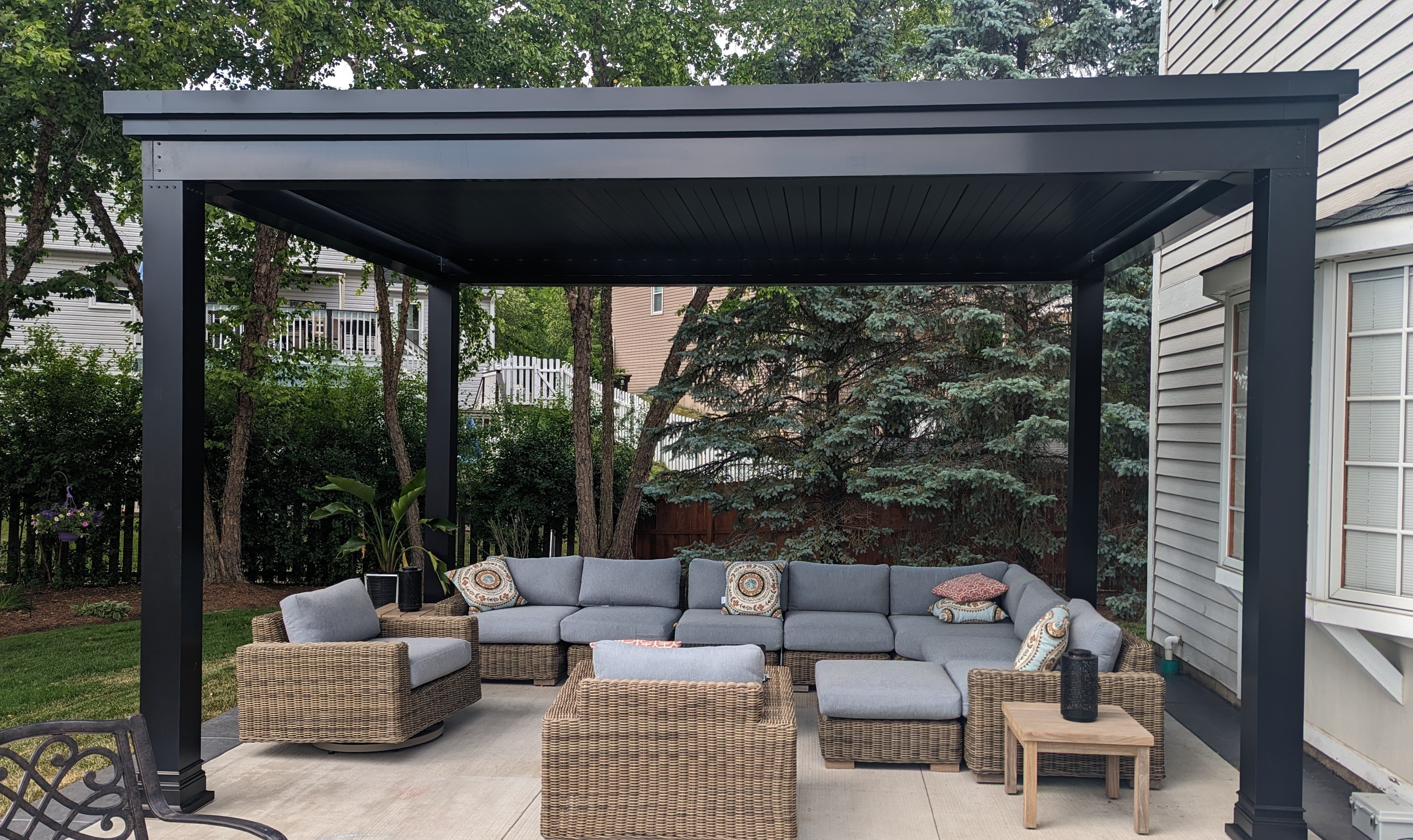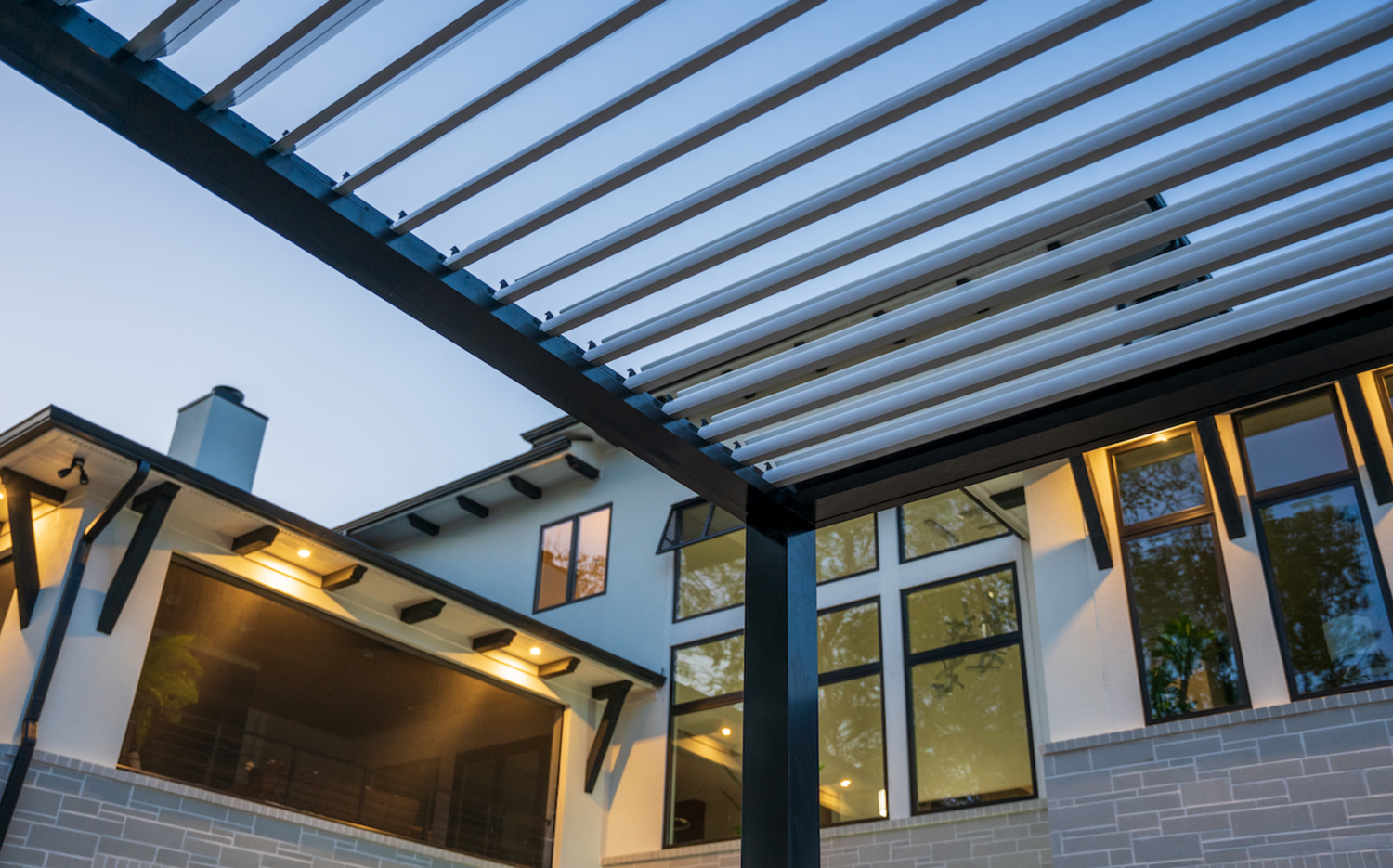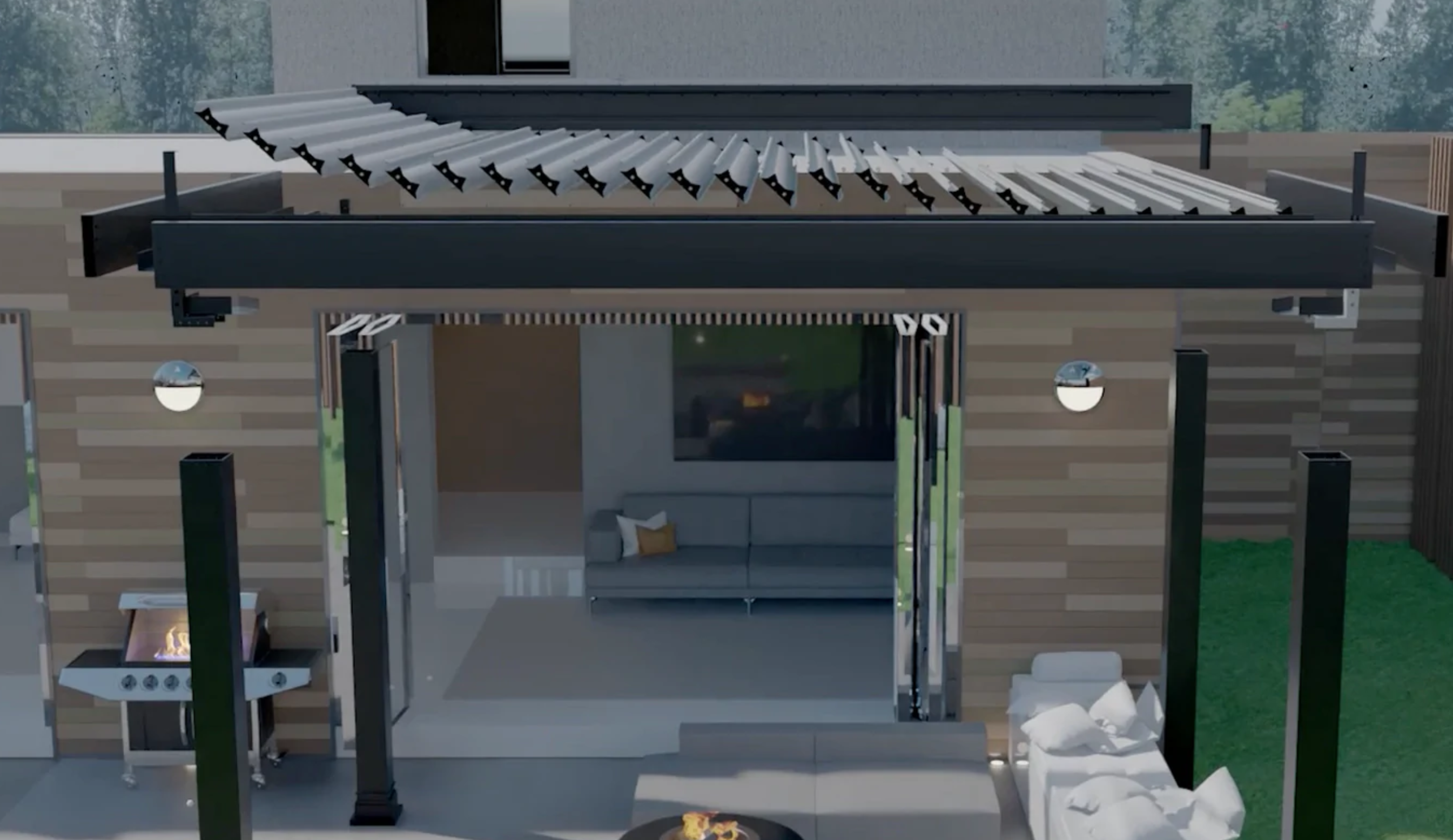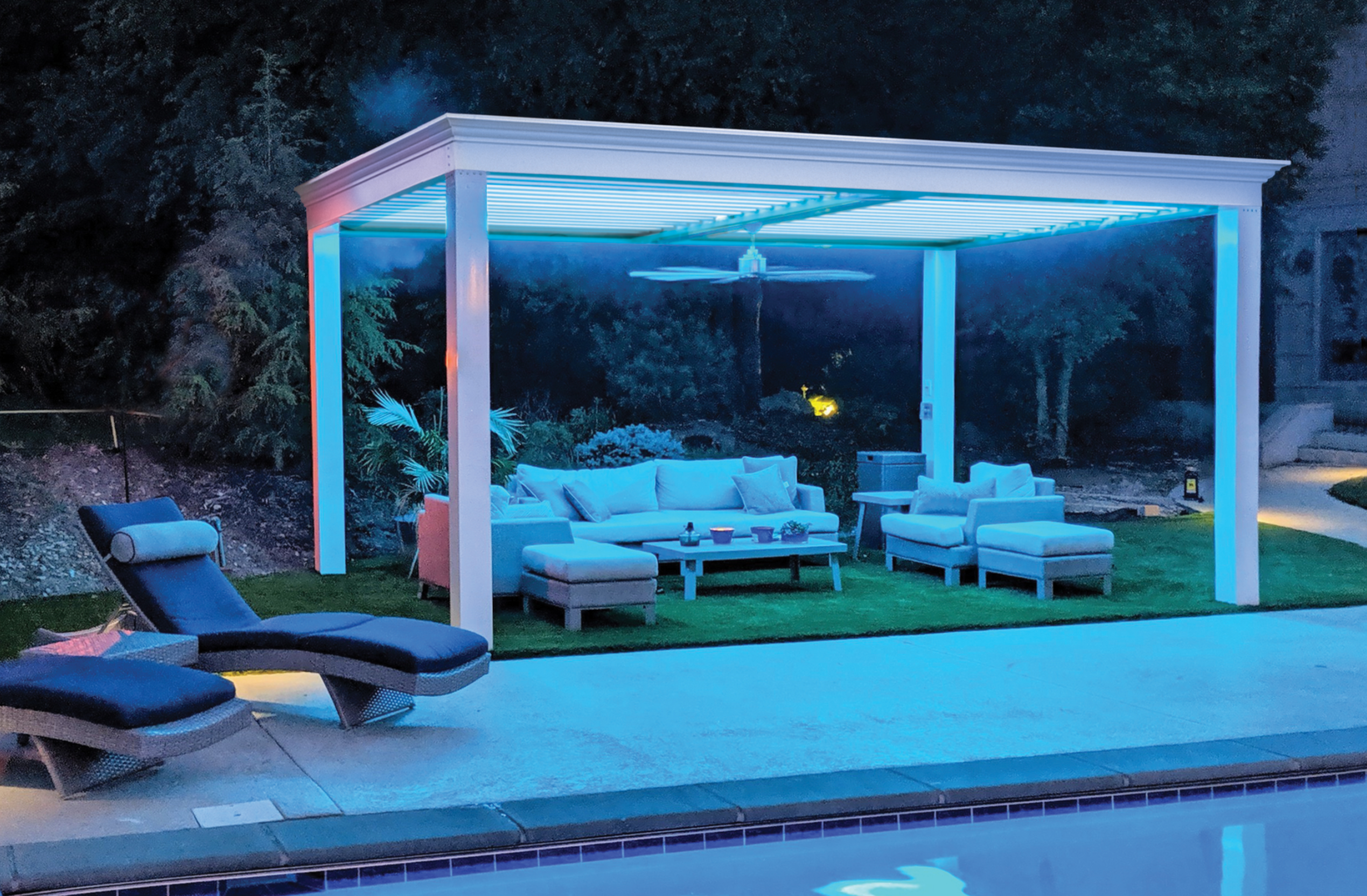
Table of Contents
Listen to Article
I. Introduction
Free standing pergolas are a beautiful addition to any outdoor space. They provide shade and a sense of separation, while also adding visual interest to your yard. But with so many options available, it can be overwhelming to decide which type of pergola is best for you. In this article, we'll go over the different types of free standing pergolas, how to choose the best material, and how to design and maintain your new outdoor structure.
What is a free standing pergola?

A pergola is an outdoor structure that consists of a series of columns supporting an open roof of rafters. Unlike a gazebo, which is typically a fully enclosed structure, a pergola is open on all sides, allowing for a more natural flow of air and light. Pergolas can be attached to the side of a house or other building, or they can be free standing, meaning they are not connected to any other structure.
Free standing pergolas are a popular choice because they offer a bit more flexibility in terms of placement. You can put them anywhere in your backyard, as long as there is enough space and the ground is level. This makes them a great option for creating a separate seating area or defining the boundaries of your outdoor space.
Lots of people go with a free standing pergola kit and assemble themselves. This helps you improve your landscape and assemble your outdoor canopy with ease. a freestanding pergola kit will have pre cut beams and pre drilled holes for everything you need.
Benefits of having a free standing pergola

There are many benefits to having a free standing pergola in your backyard. First and foremost, they provide shade on hot summer days. Whether you want to sit and enjoy your day, or have a barbecue with friends, a pergola can provide a comfortable and cool place to gather.
Pergolas also add visual interest to your backyard. They create a sense of separation and can act as a backdrop for plants and other outdoor decor. They can also be used to frame a view or highlight a particular area of your backyard.
Types of free standing pergolas

There are several types of materials that can be used to construct a free standing pergola. The most common options are wood, metal, and plastic/vinyl.
Wooden pergola

Wooden pergolas are a classic choice and offer a natural, rustic look. They can be made from a variety of woods, including cedar, redwood, and pressure-treated pine. Wooden pergolas are relatively easy to install and can be painted or stained to match the existing color scheme of your outdoor space.
One of the main benefits of wooden pergolas is that they are relatively inexpensive compared to other options. They are also versatile and can be customized to fit your specific needs. However, wood does require more maintenance than other materials. It needs to be sealed and stained regularly to protect it from the elements, and it can rot or warp over time if not properly cared for.
Metal pergolas

Metal pergolas are a more modern option and offer a sleek, contemporary look. They can be made from a variety of metals, including aluminum, steel, and iron. Metal pergolas are very durable and require minimal maintenance. They are also resistant to rot and insect damage, making them a long-lasting choice.
One of the main drawbacks of metal pergolas is their cost. They are generally more expensive than wooden pergolas, and they can be harder to install. They also tend to be less customizable than wood, as they come in a limited range of styles and sizes.
Plastic/Vinyl pergolas

Plastic or vinyl pergolas are a low-maintenance option that is becoming increasingly popular. They are made from a synthetic material that is resistant to corrosion and insect damage, and they require very little upkeep.
Plastic/vinyl pergolas are also relatively inexpensive and easy to install. They come in a variety of styles and colors, and they can be customized to fit your specific needs.
One of the main drawbacks of plastic/vinyl pergolas is that they are not as sturdy as wood or metal. They may not withstand strong winds or heavy snowfall as well as other materials. They also may not have the same aesthetic appeal as wood or metal, and they can become brittle and break over time.
How to choose the best material for a free standing pergola

When it comes to choosing the best material for your free standing pergola, there are several factors to consider.
Budget: The cost of the pergola will likely be a major factor in your decision. Wooden pergolas are generally the most inexpensive option, followed by plastic/vinyl, and then metal. Keep in mind that while metal may be the most expensive upfront, it may also be the most long-lasting, so you may save money in the long run.
Climate: The climate in your area should also be taken into consideration. Wood and metal may be more suitable for areas with extreme weather conditions, as they are more durable and can withstand strong winds and heavy snowfall. Plastic/vinyl may not be as sturdy and may not hold up as well in these conditions.
Desired look: The style and aesthetic of your outdoor space should also be taken into account. Wooden pergolas offer a natural, rustic look, while metal pergolas offer a more modern, contemporary look. Plastic/vinyl pergolas may not have the same visual appeal as wood or metal, but they come in a variety of styles and colors, so you can still find something that fits your desired look.
Pros and cons of each material
Wood:
Pros: Inexpensive, customizable, natural look Cons: Requires regular attention, can corrode, degrade, or warp over time
Metal:
Pros: Durable, low upkeep, resistant to corrosion and insect damage Cons: Expensive, limited customization options, may not have the same aesthetic appeal as wood
Plastic/Vinyl:
Pros: Low upkeep, inexpensive, easy to install Cons: Not as sturdy as wood or metal, may not hold up well in extreme weather conditions, may not have the same aesthetic appeal as wood or metal. No rust
How to design a free standing pergola

When it comes to designing your free standing pergola, there are several things to consider.
Size: The size of your pergola should be based on the size of your outdoor space and the intended use. If you have a small backyard and just want a spot to sit and relax, a smaller pergola may be sufficient. If you have a larger yard and want to create a separate outdoor living space, you may need a larger pergola.
Shape: The shape of your pergola can also affect the overall look and feel of your outdoor space. A square or rectangular pergola may be more traditional, while a round or octagonal pergola may add a bit of whimsy. Consider the shape of your outdoor space and choose a shape that complements it.
Location: The location of your pergola should also be taken into consideration. It should be placed in a spot that gets enough sun and is visible from your house, but not so visible that it becomes the dominant feature of your yard. It should also be located in a spot that is convenient and easy to access.
Tips for making the most of the space

There are many ways to make the most of the area under your free standing pergola. Here are a few ideas:
-
Add comfortable seating: Whether it's a couple of chairs or a full outdoor sofa set, comfortable seating is a must for any outdoor living space. Choose furniture that is durable and weather-resistant, and consider adding cushions and throw pillows for added comfort.
-
Hang outdoor lighting: Outdoor lighting can add ambiance and extend the use of your pergola into the evenings. Consider hanging string lights, lanterns, or other decorative lighting to create a cozy atmosphere.
-
Add plants and greenery: Plants and greenery can add a natural touch to your pergola and help to create a sense of separation from the rest of your yard. Consider hanging baskets of flowers, adding potted flowers, or even installing a living wall.
-
Create a dining area: If you love to entertain, consider turning your pergola into a dining area. Add a table and chairs, and consider adding a built-in bar or outdoor kitchen for added convenience.
How to maintain a free standing pergola

Maintaining your free standing pergola is important to ensure it stays in good condition and looks its best. Here are a few things to keep in mind:
-
Regular cleaning: Depending on the material, your pergola may need to be cleaned on a regular basis to remove dirt, debris, and stains. Use a mild soap and water to clean the surface, and be sure to rinse thoroughly to avoid leaving behind any soap residue.
-
Upkeep: Some materials, such as wood, may require regular upkeep to maintain their appearance. This may include sealing, staining, or painting to protect the wood from the elements. Be sure to follow the manufacturer's recommendations for maintaining your specific type of pergola.
-
Repairing and replacing damaged parts: Over time, certain parts of your pergola may become damaged or worn. This may include the rafters, columns, or other structural components. If you notice any damage, it's important to repair or replace these parts as soon as possible to prevent further deterioration.
Conclusion

Free standing pergolas are a beautiful and functional addition to any outdoor space. They provide shade and a sense of separation, and can be customized to fit your specific needs and style. When choosing a pergola, be sure to consider the material, size, shape, and location to ensure you get the best fit for your yard. And don't forget to regularly maintain and repair your pergola to ensure it stays in good condition for years to come.
